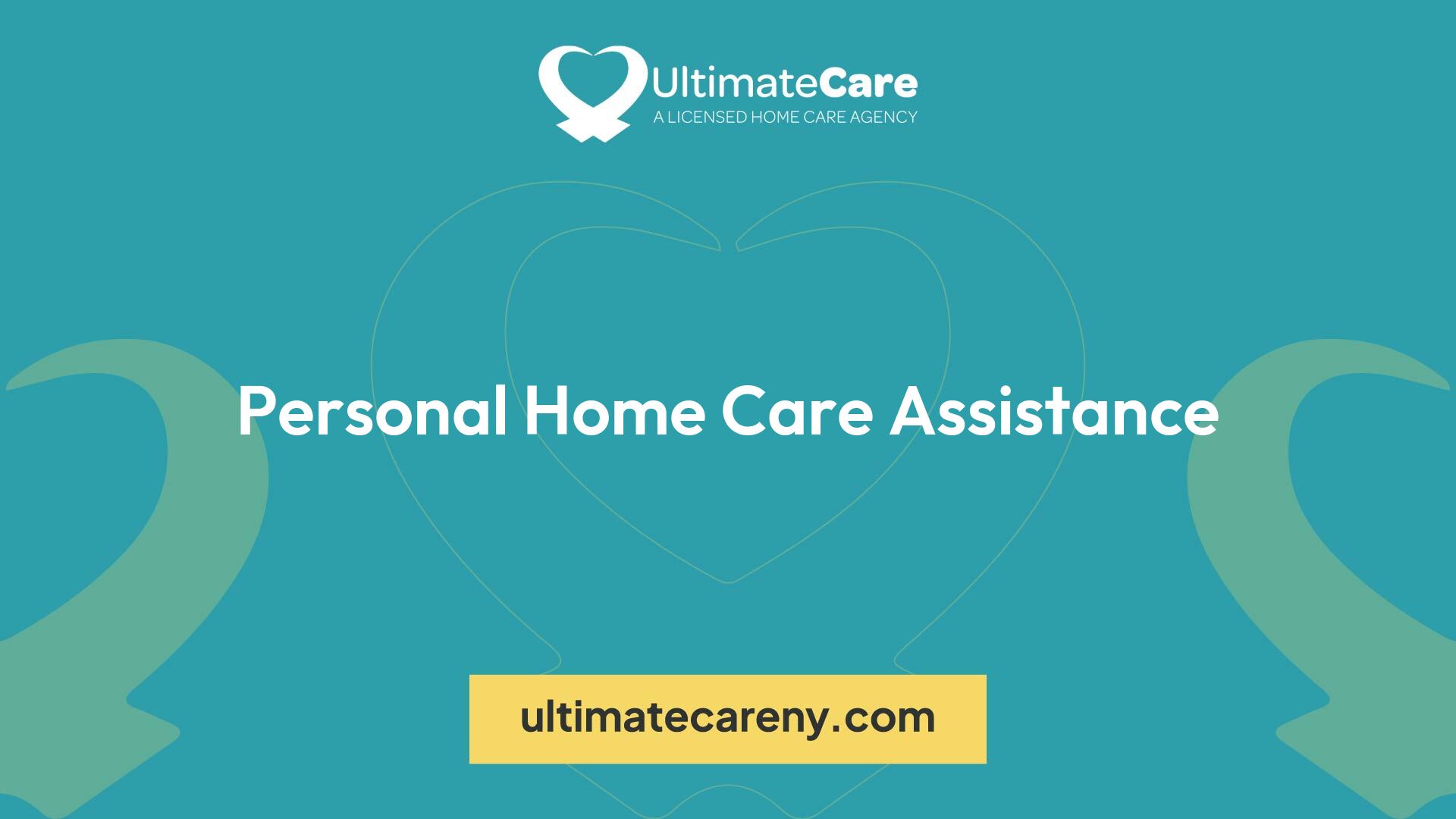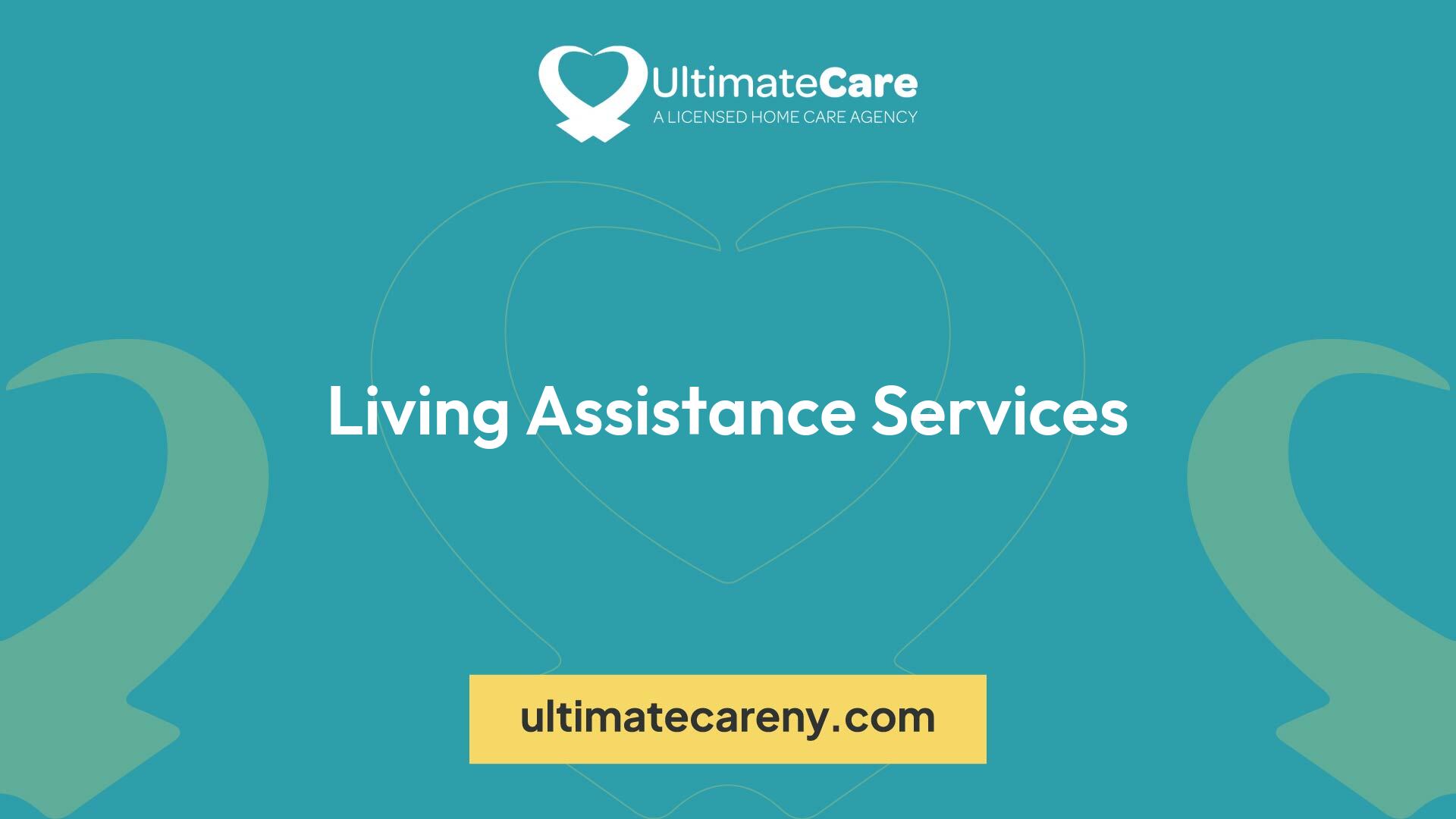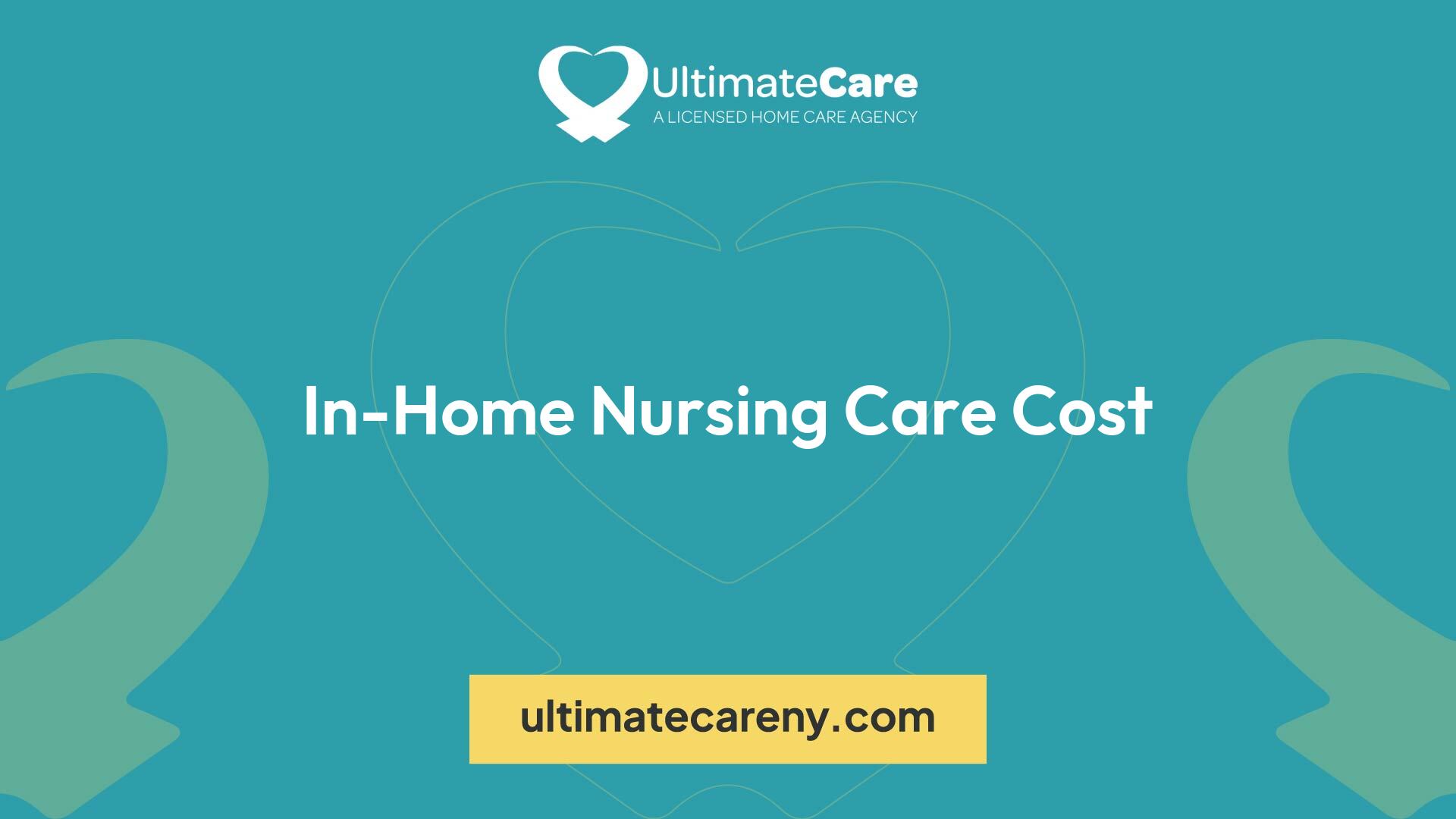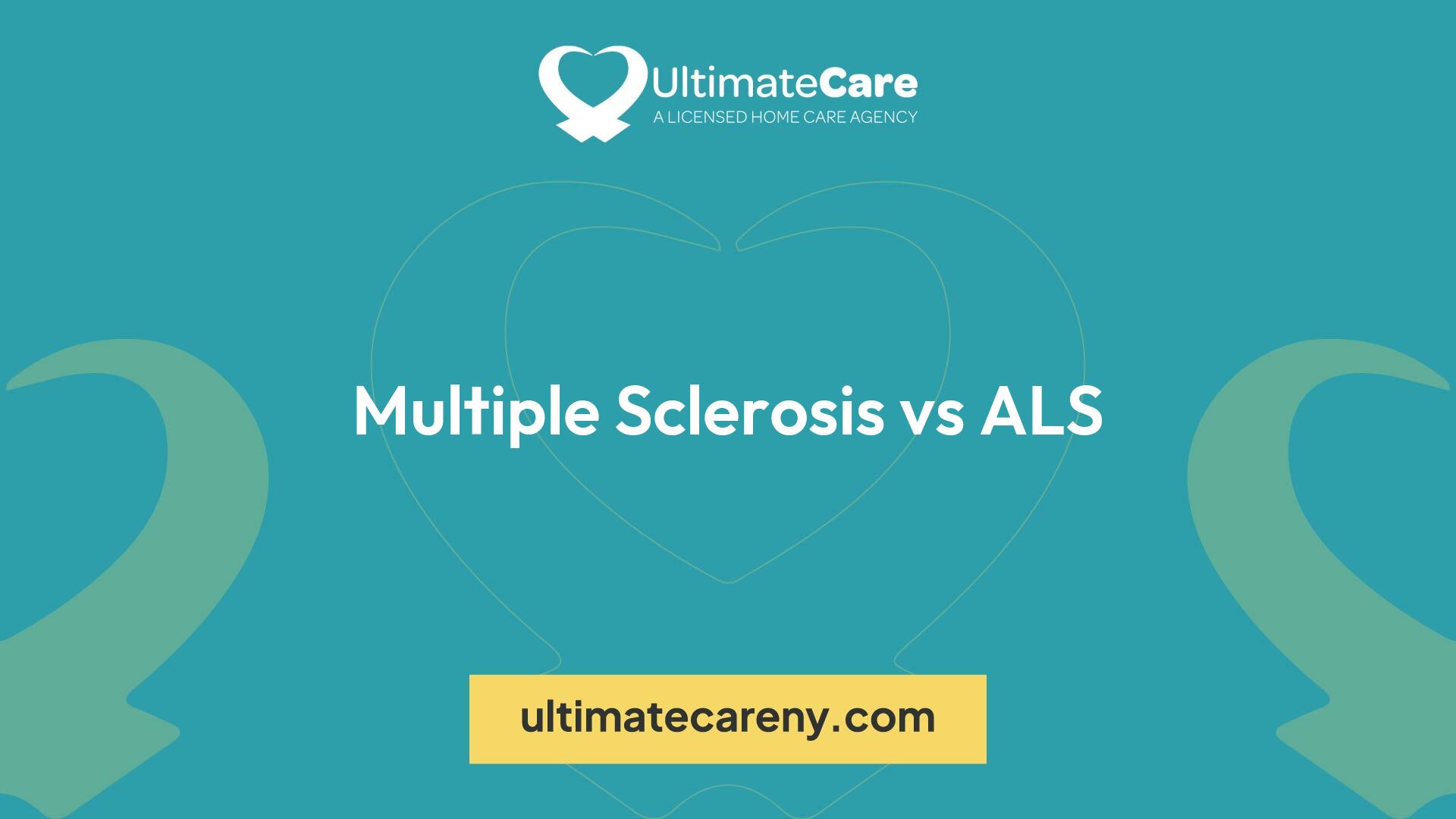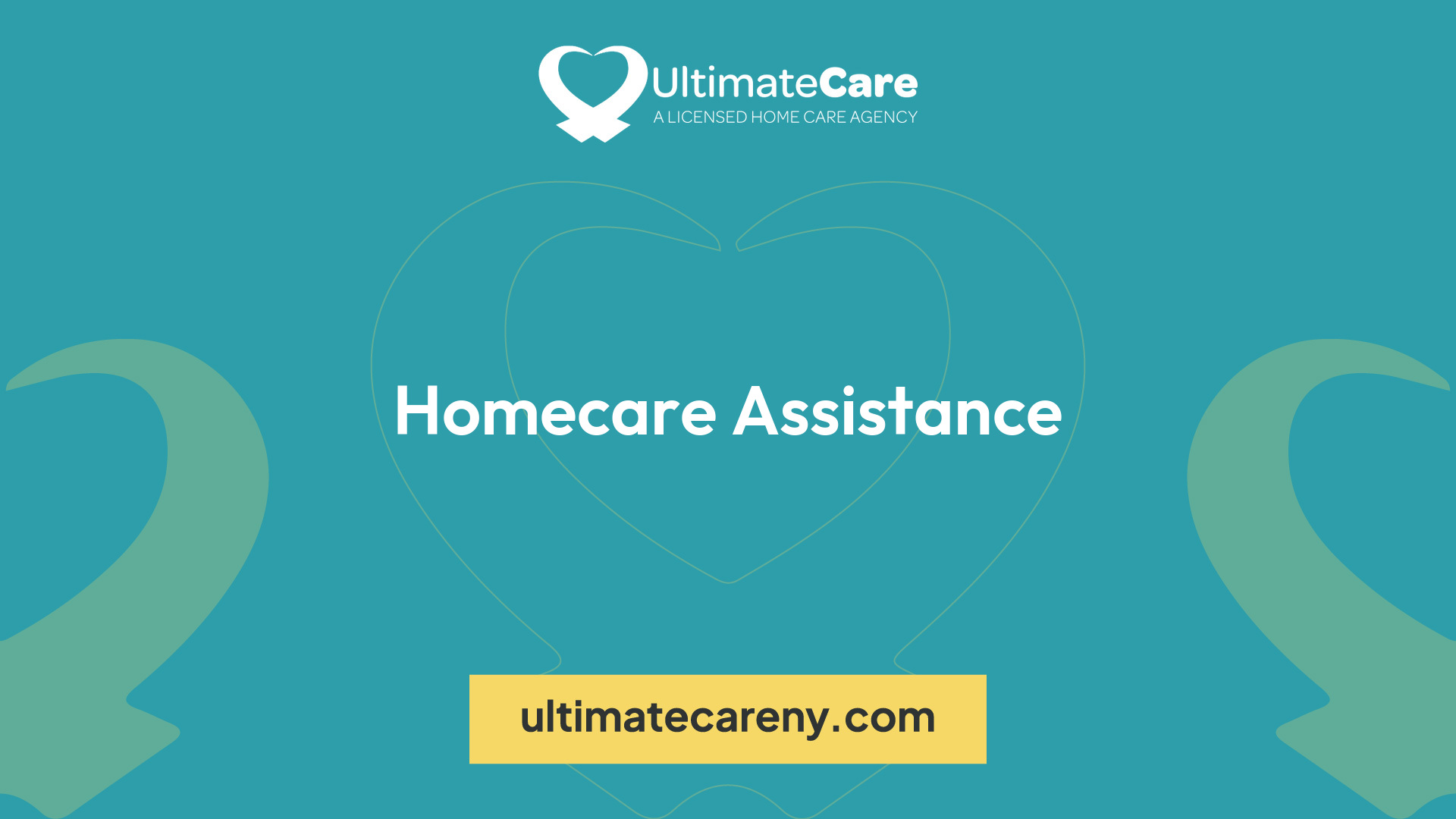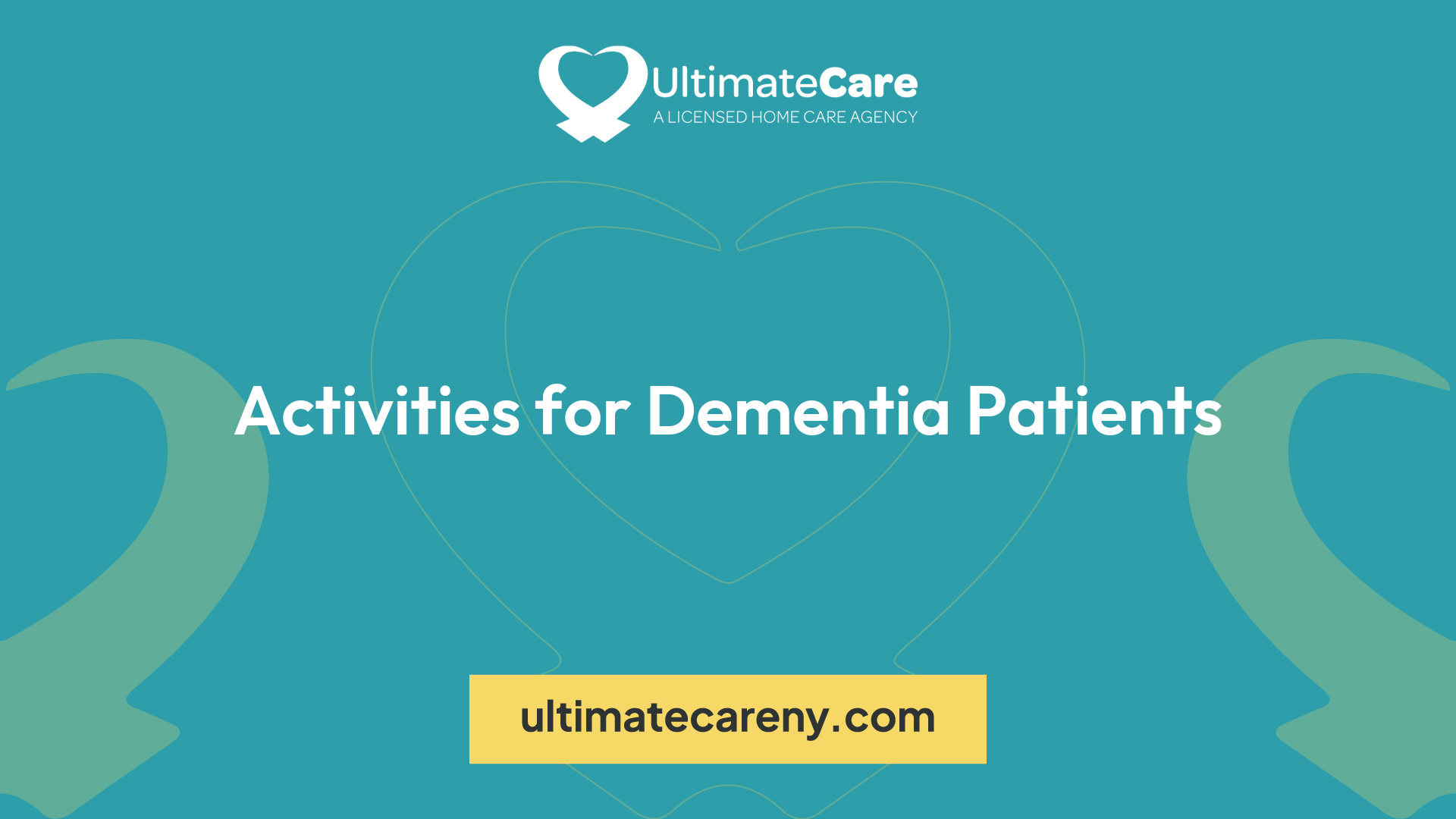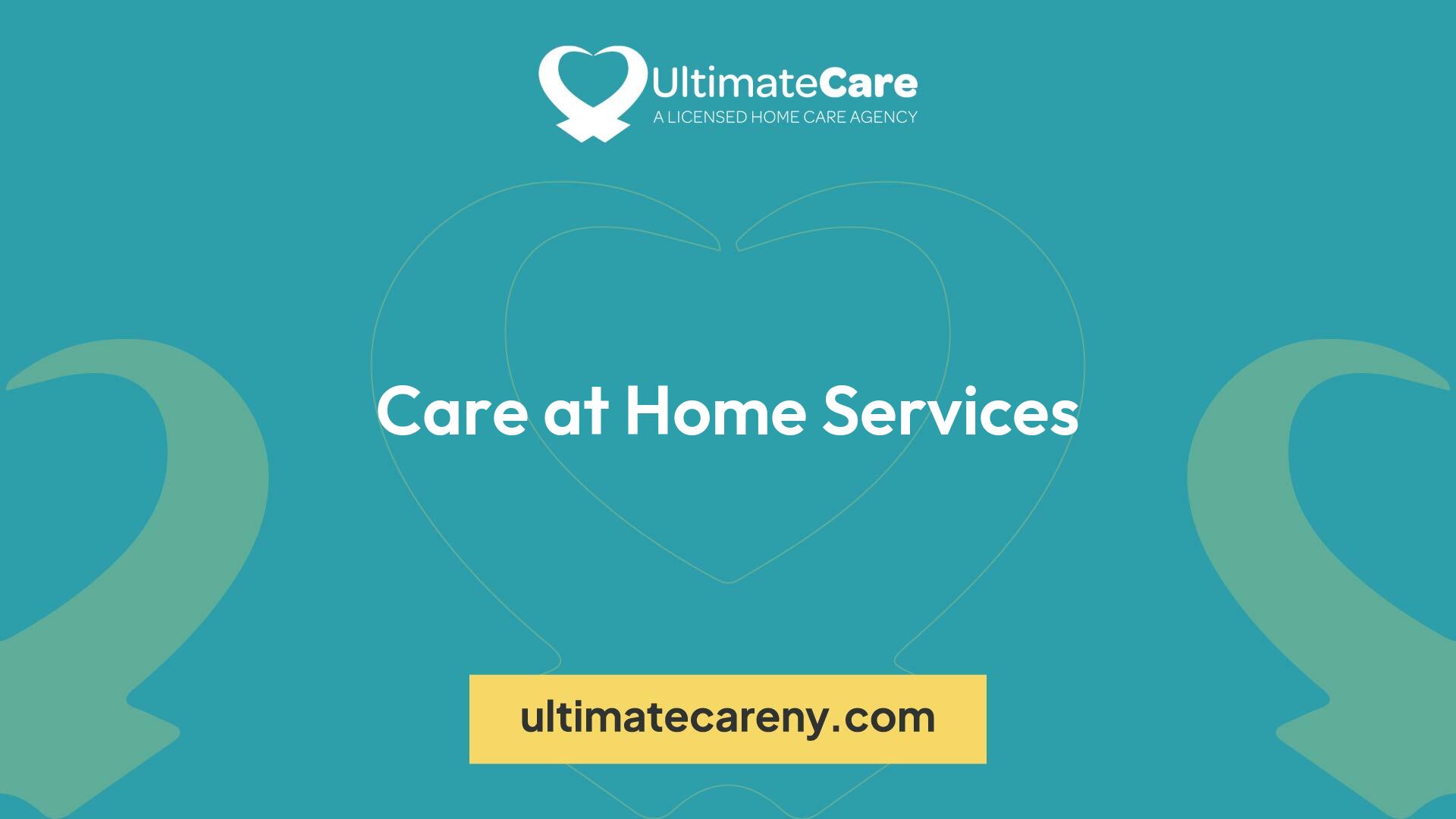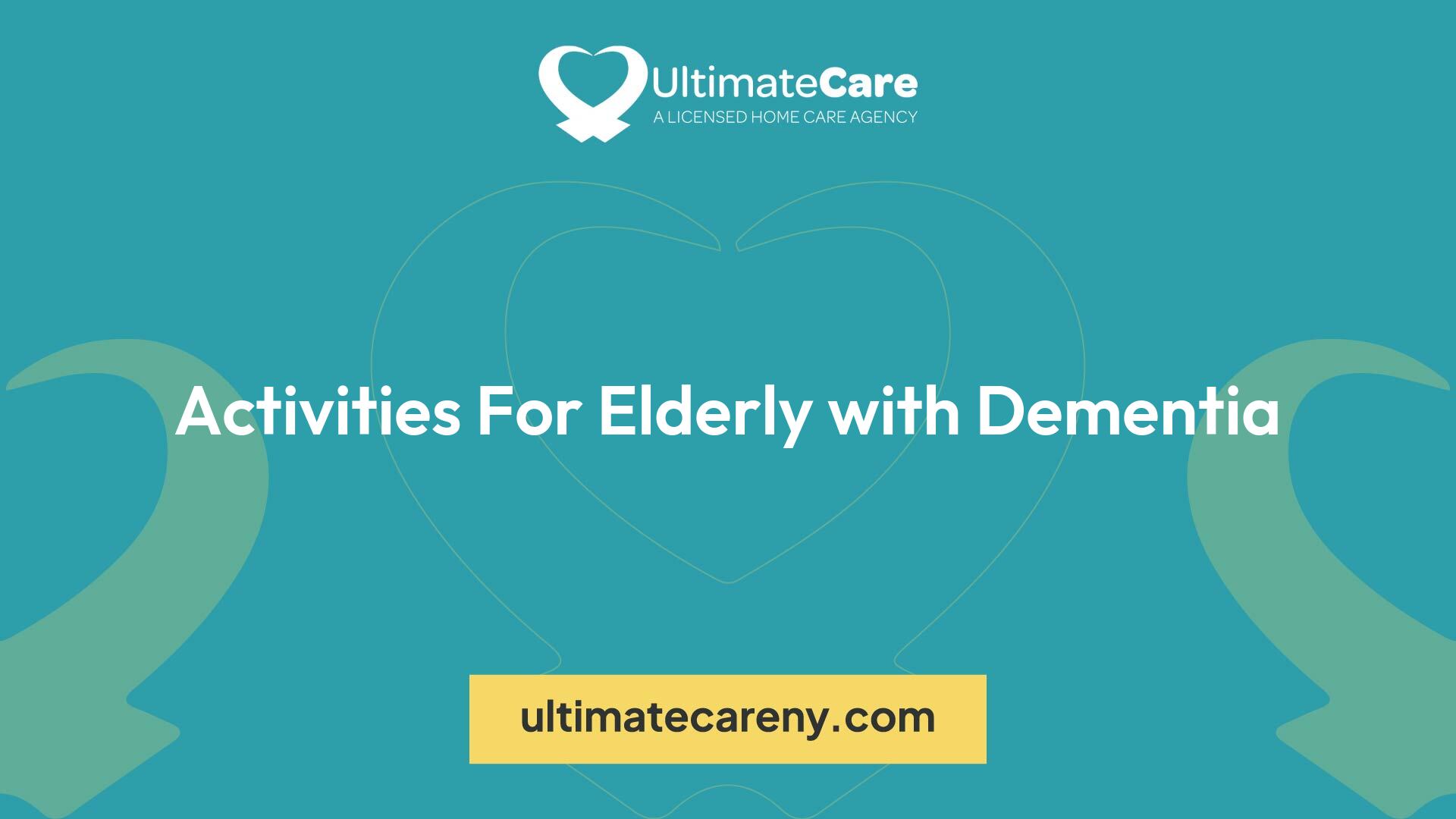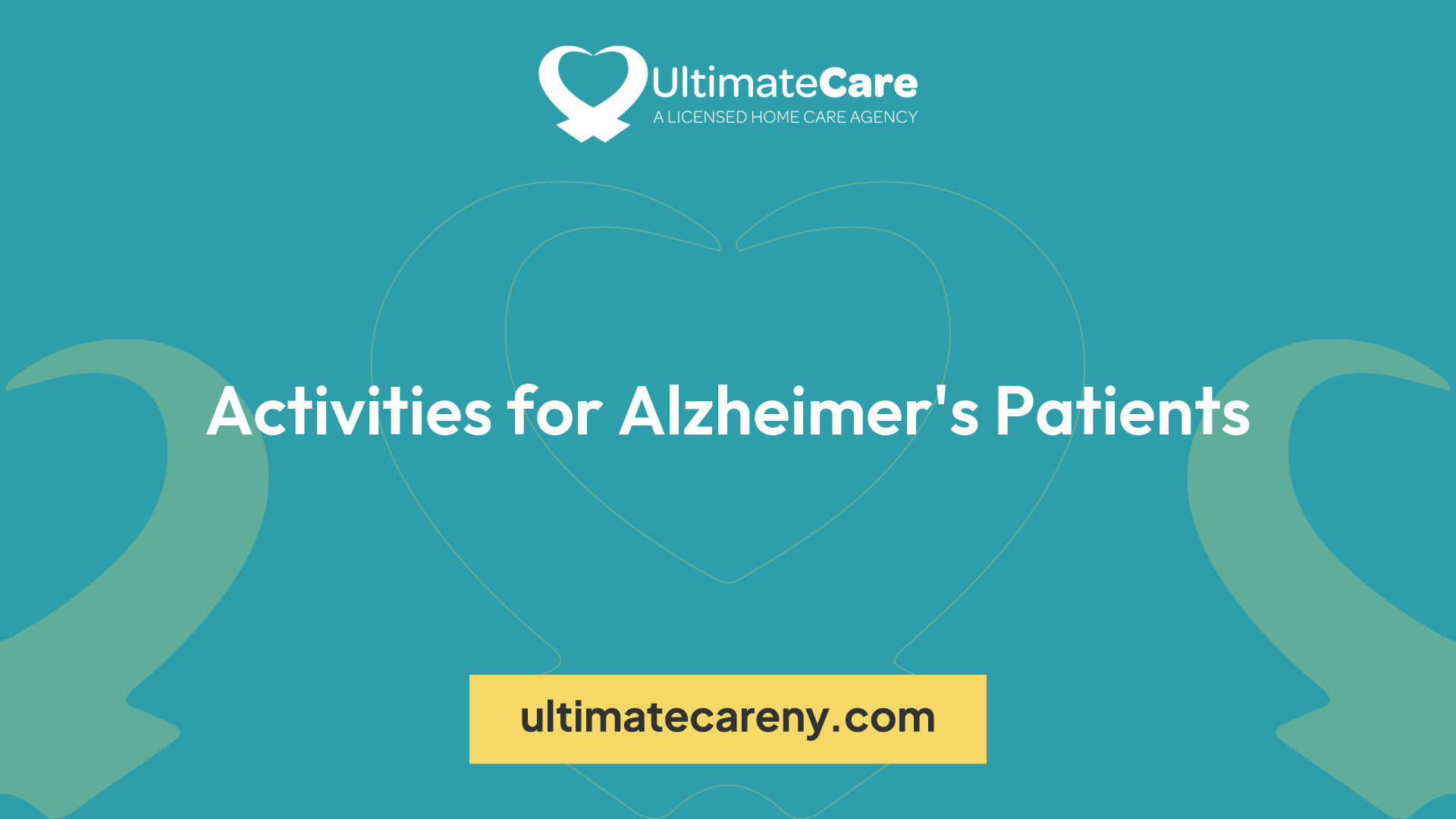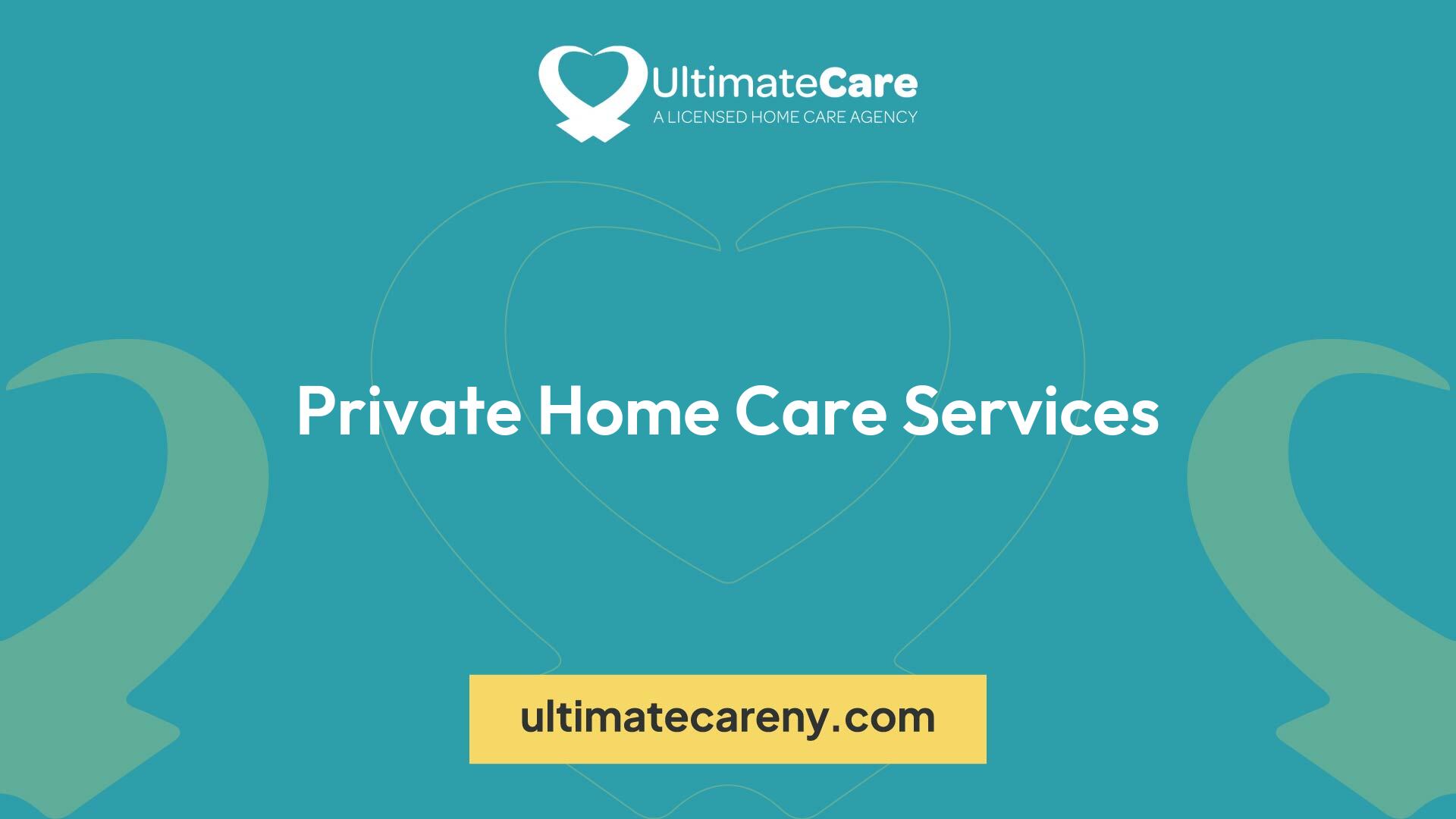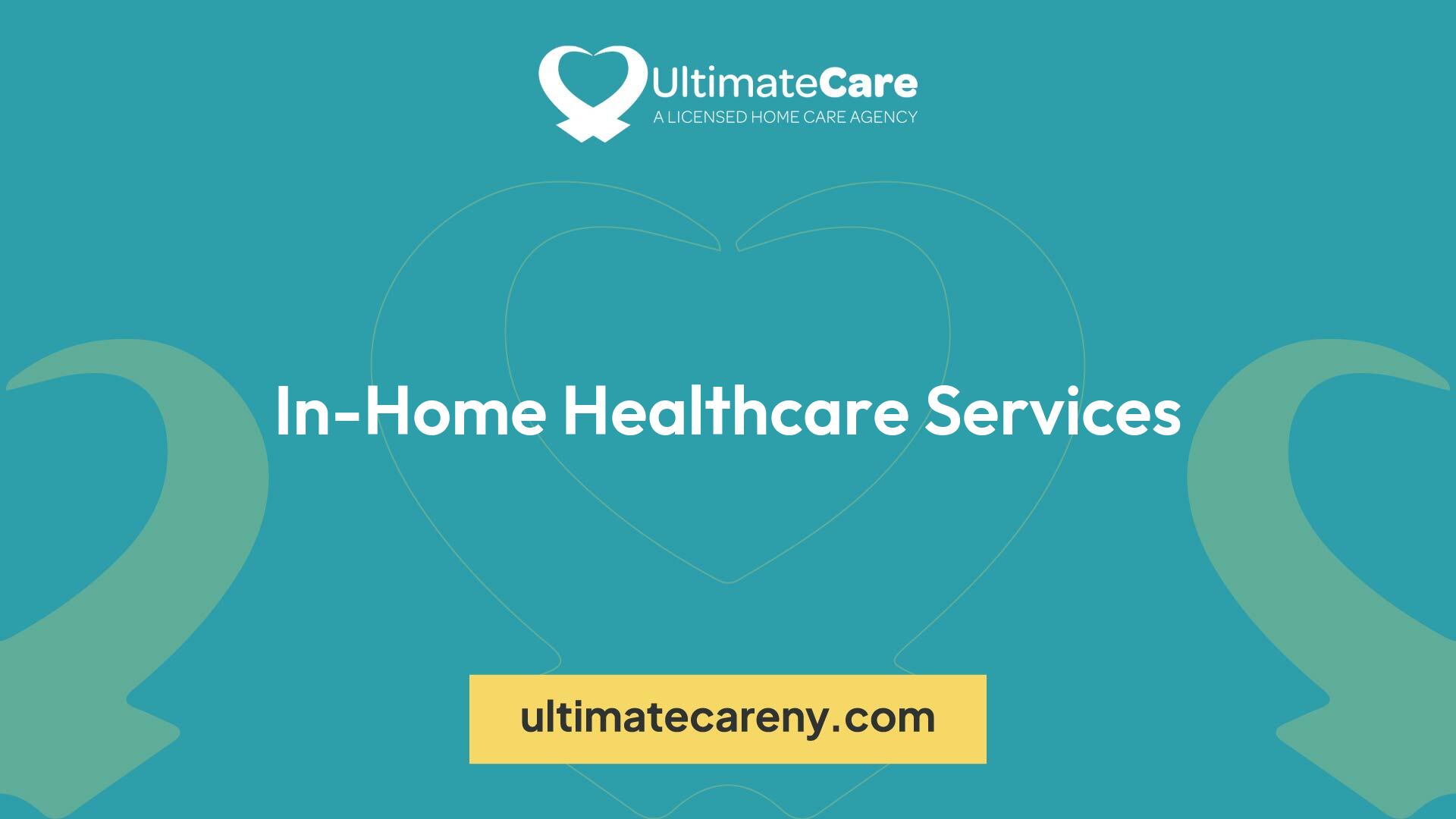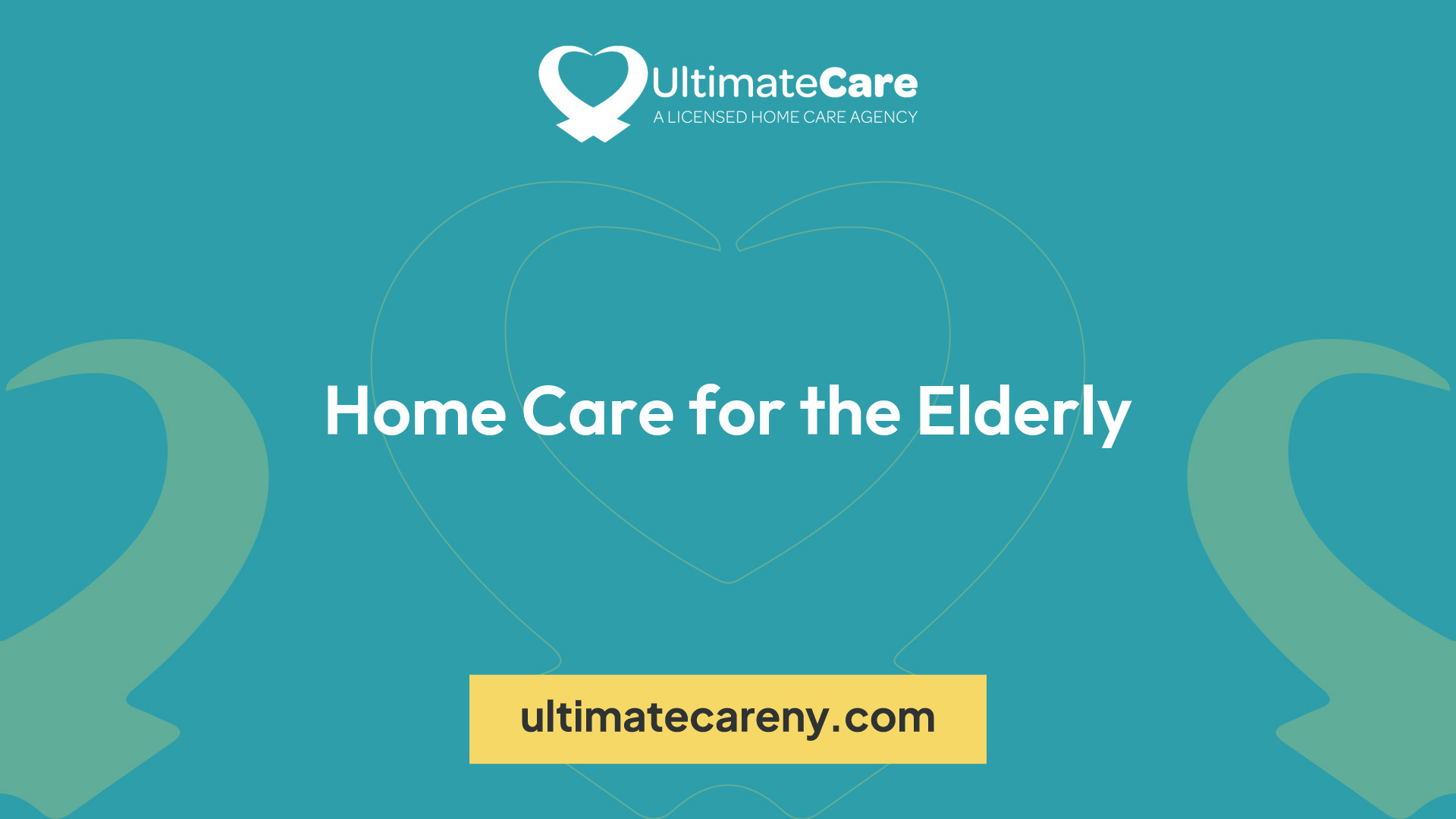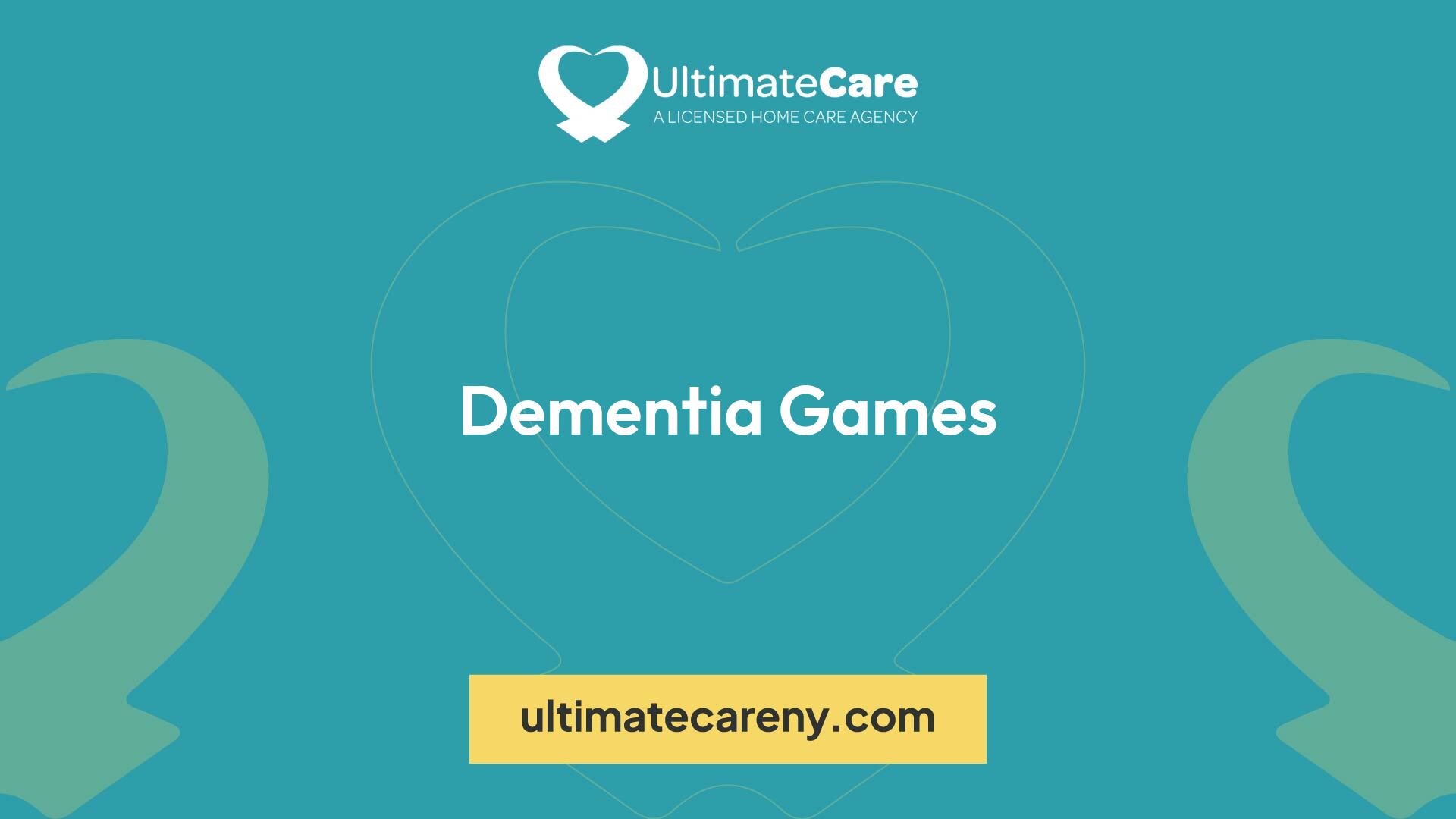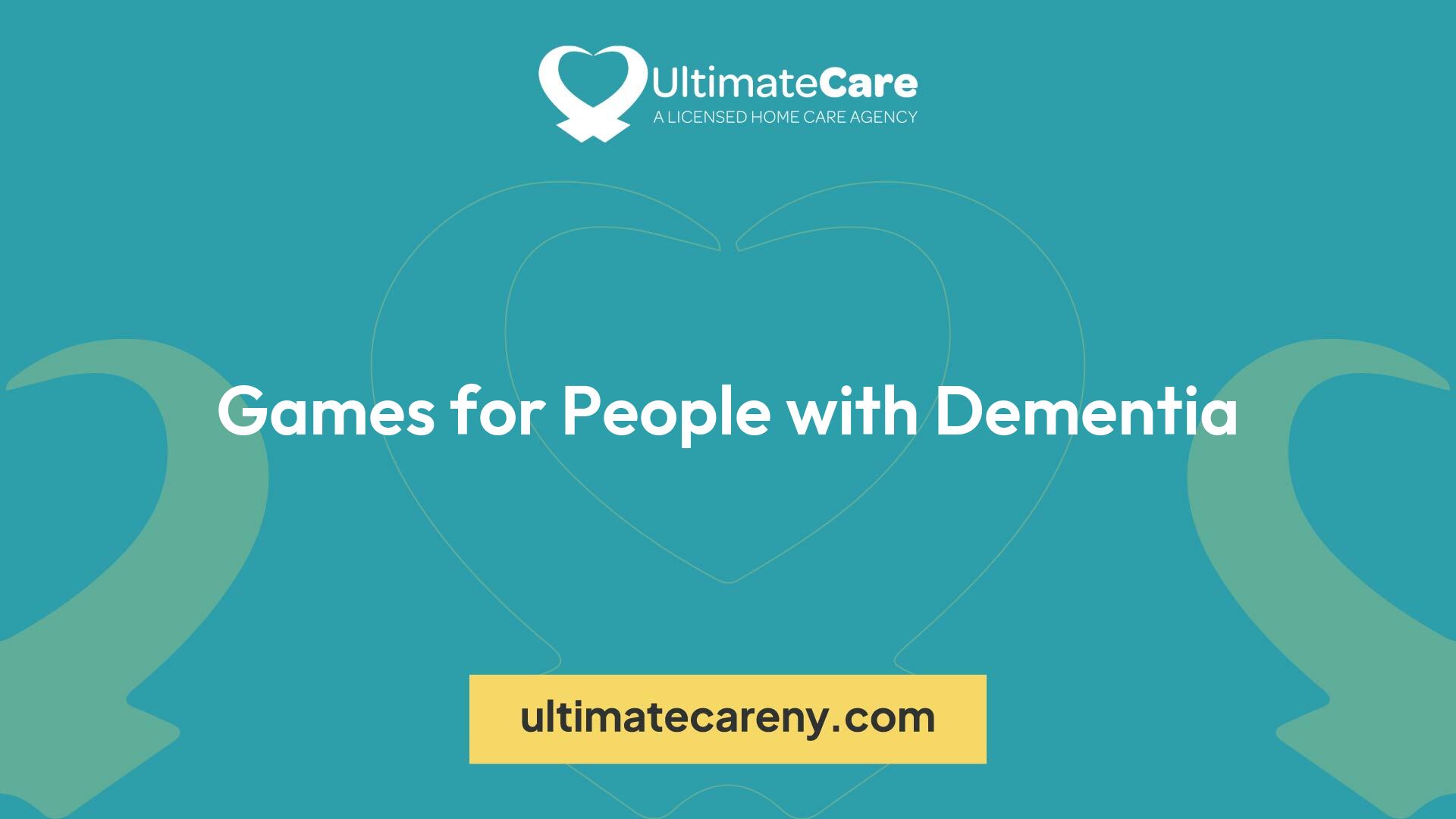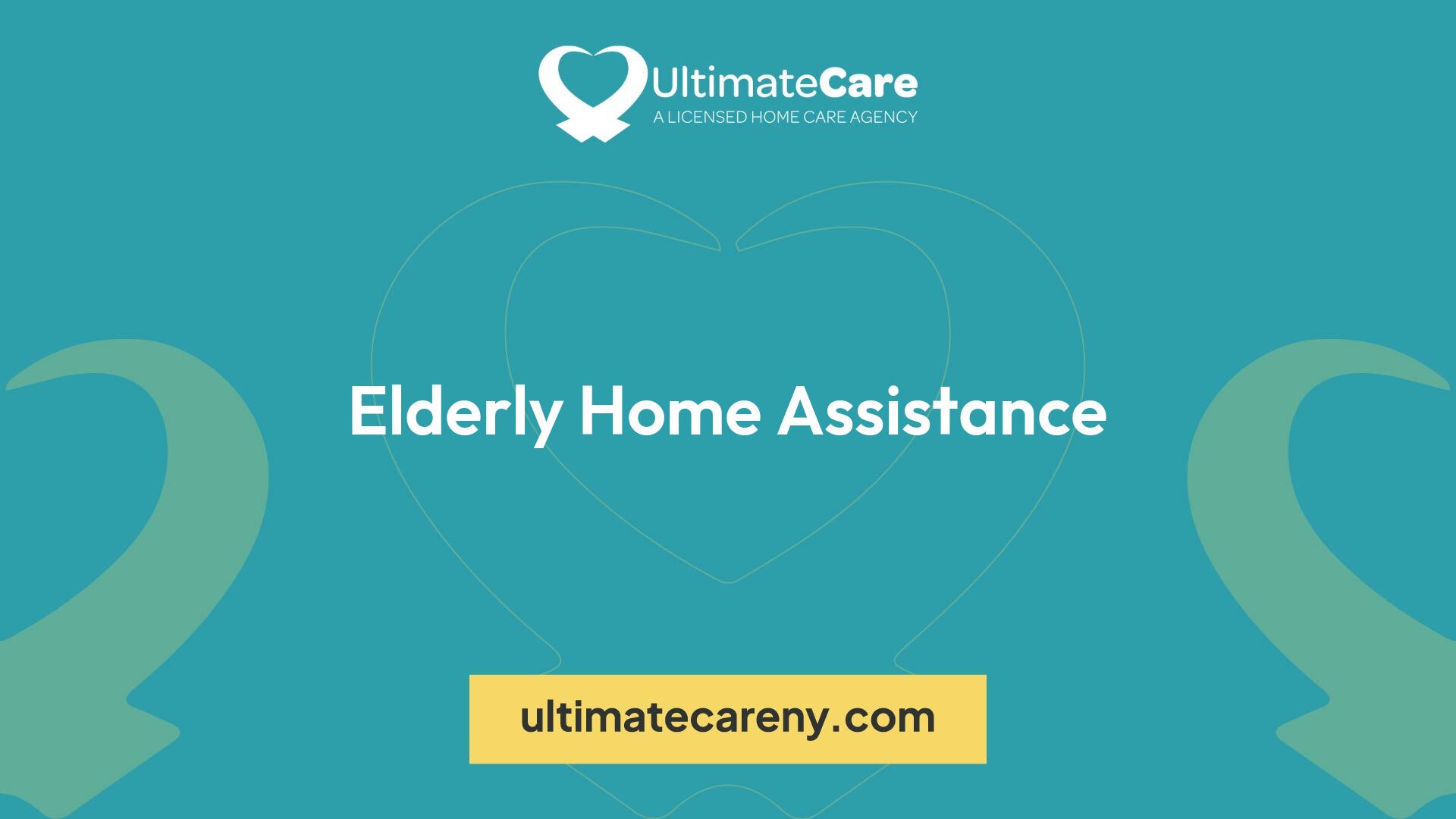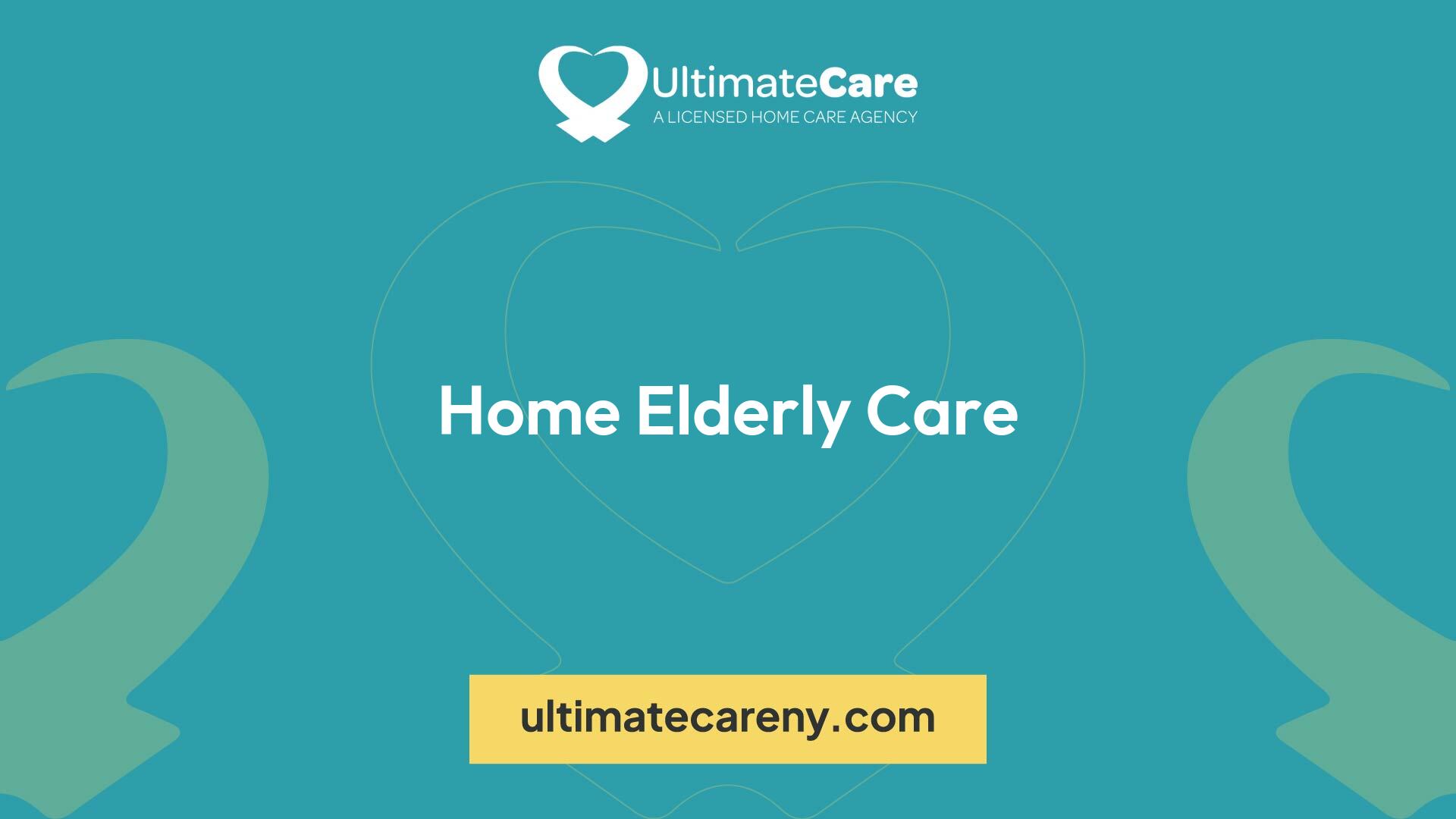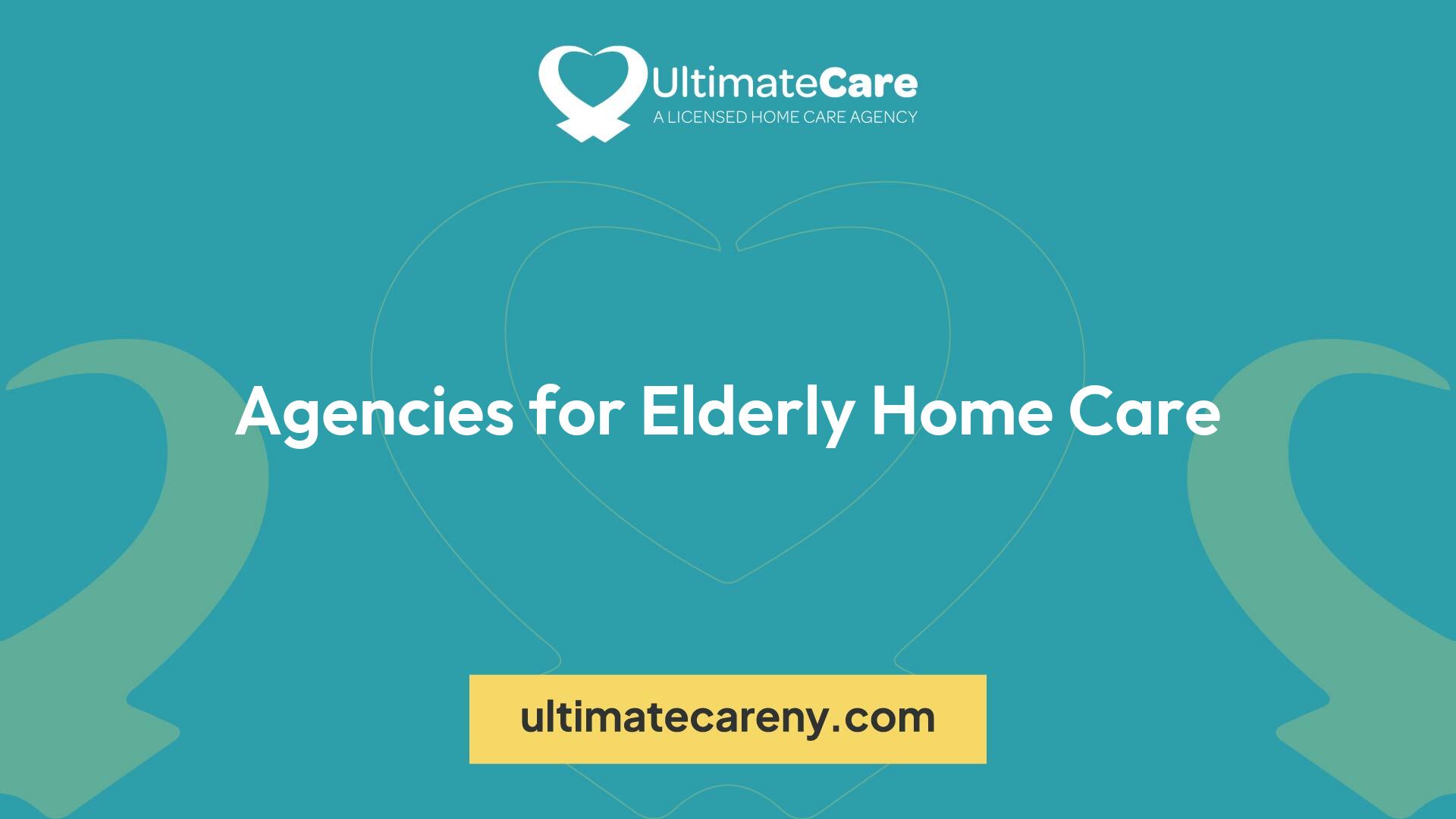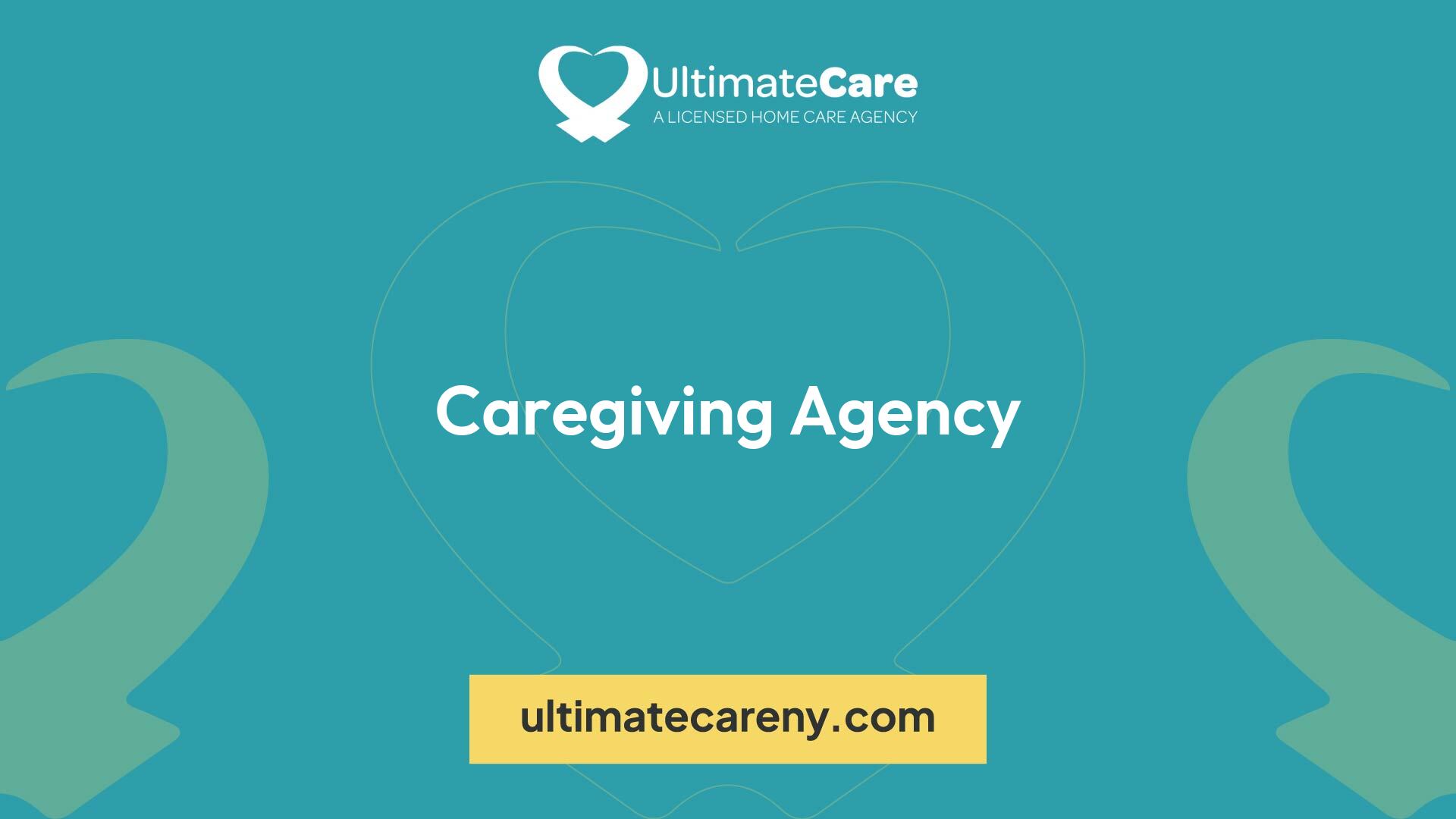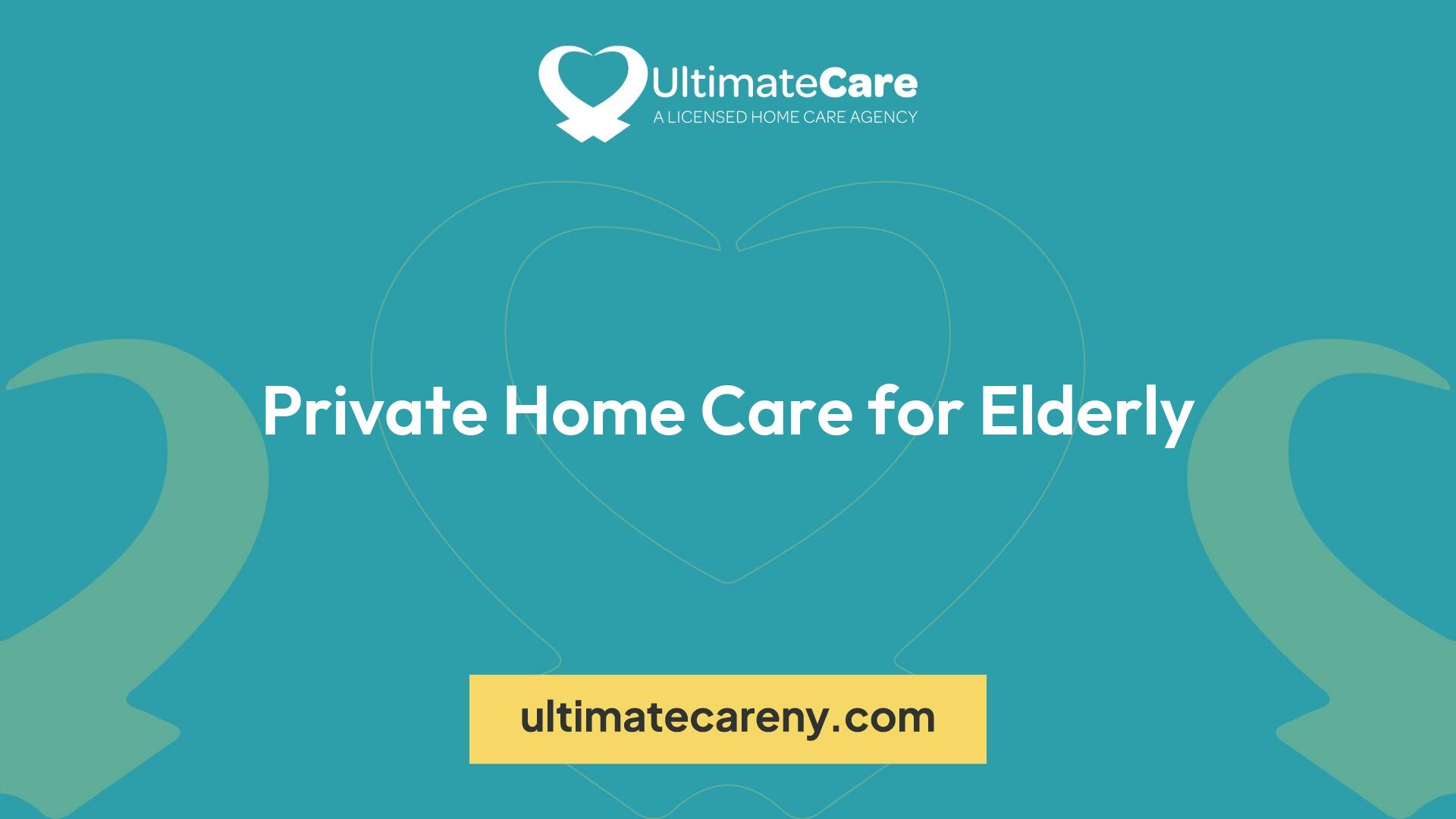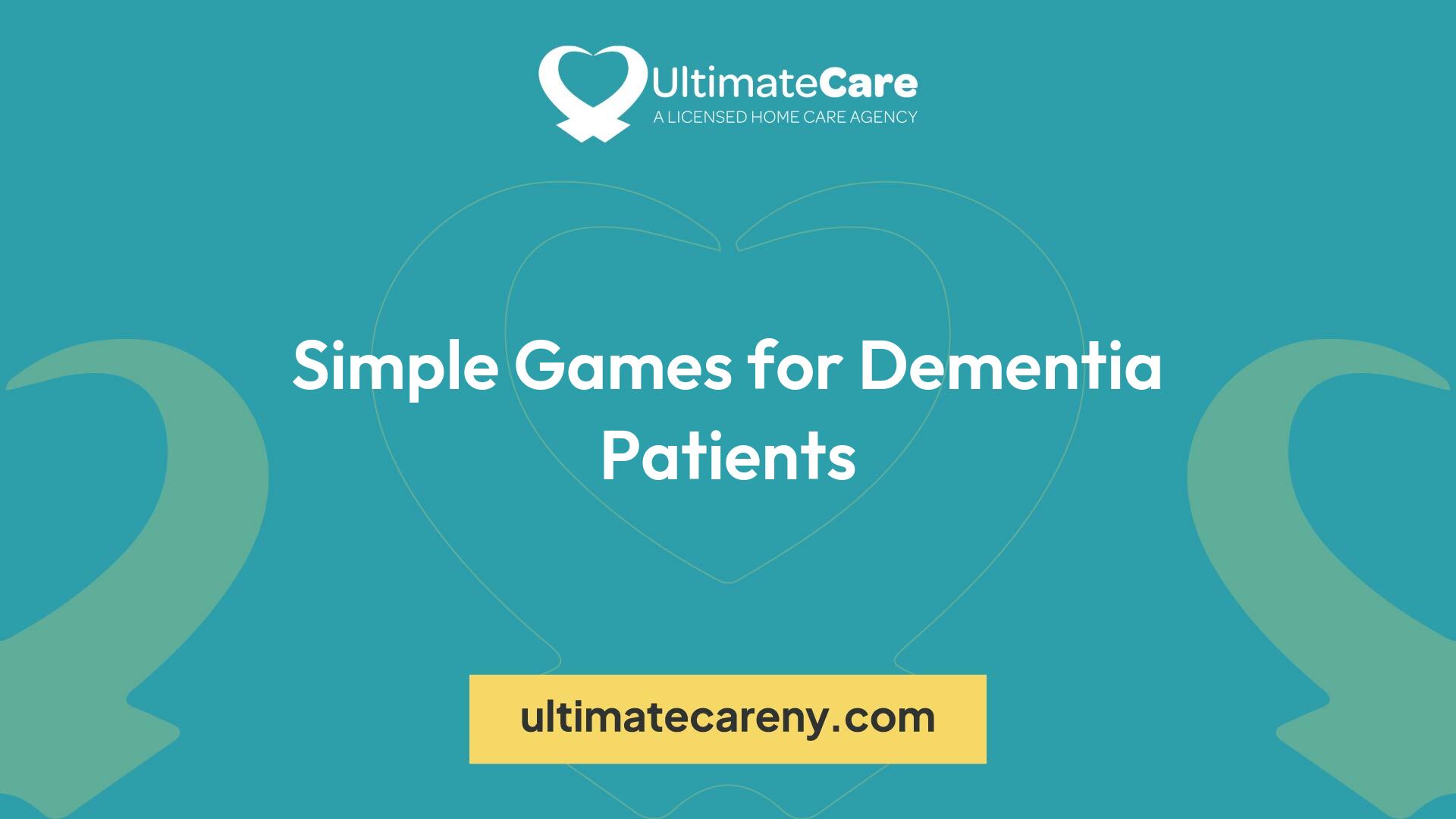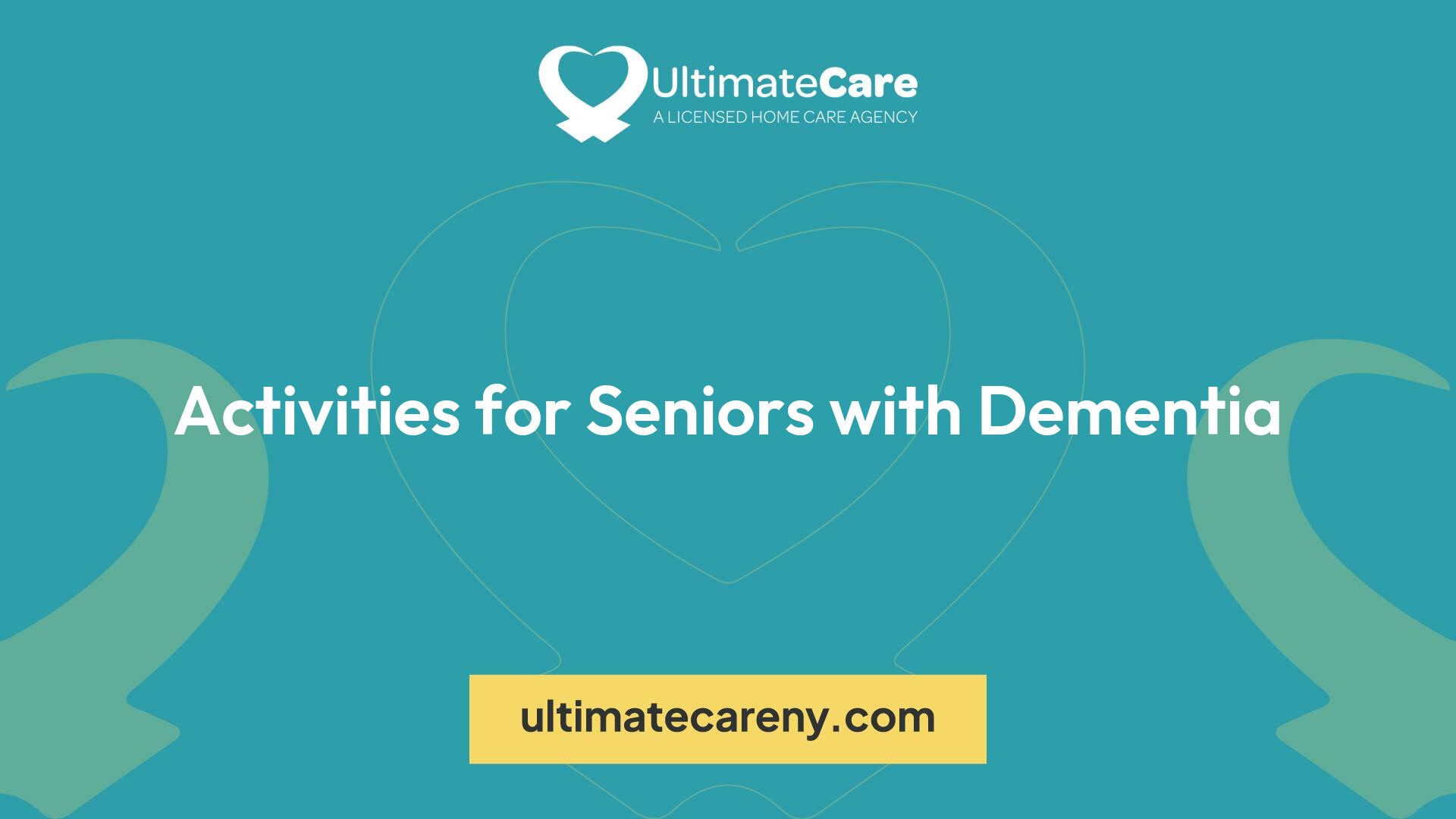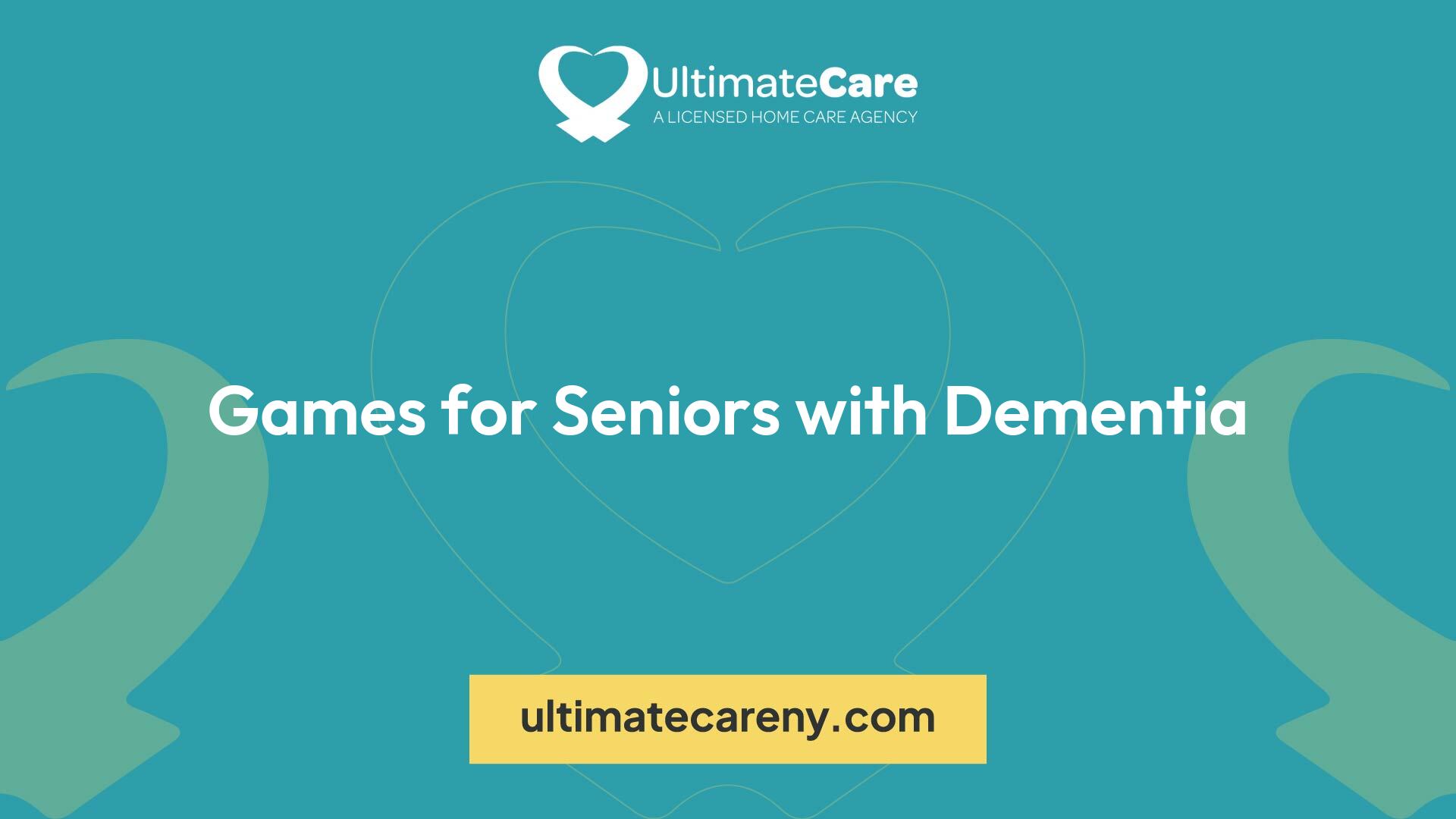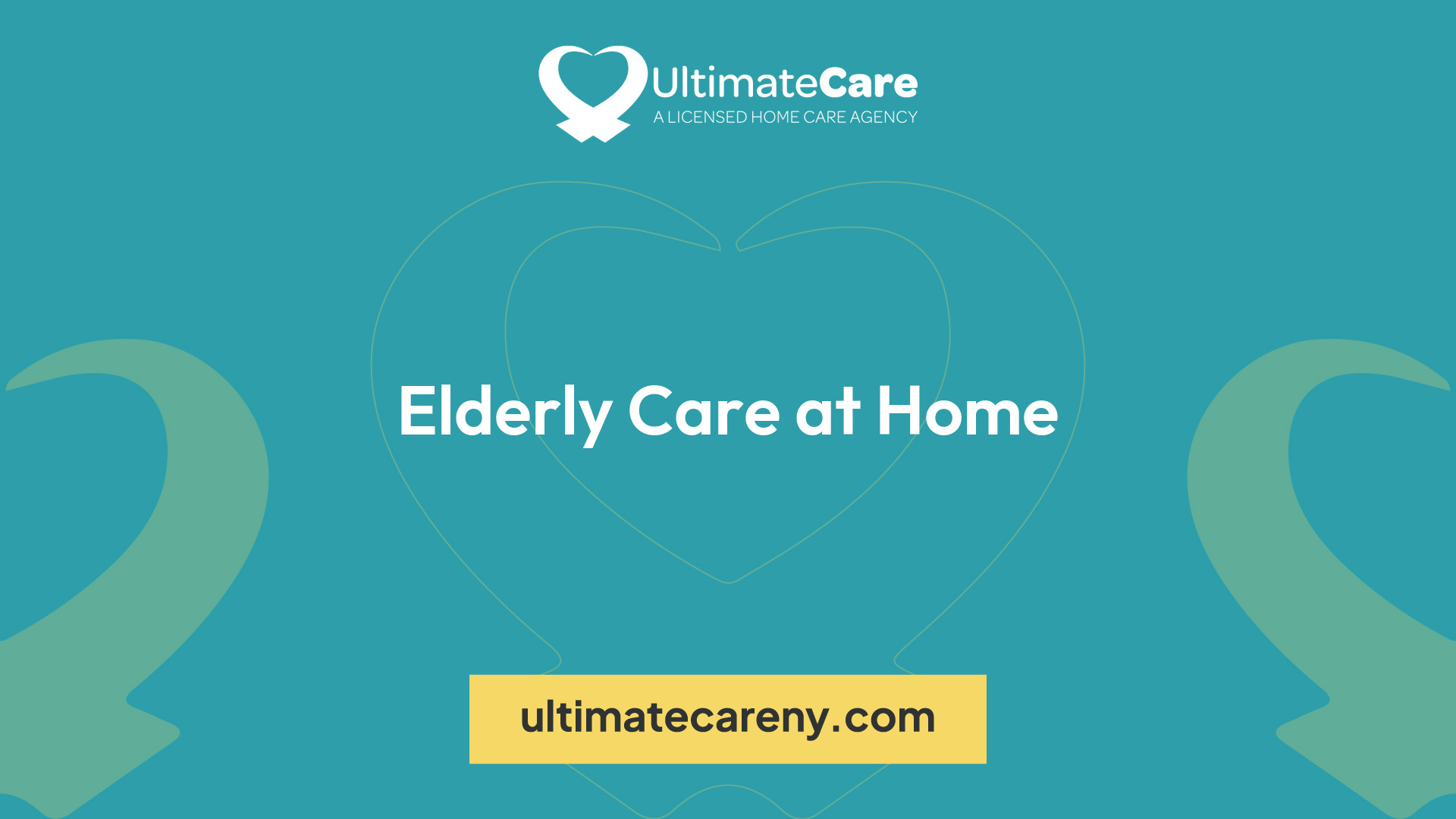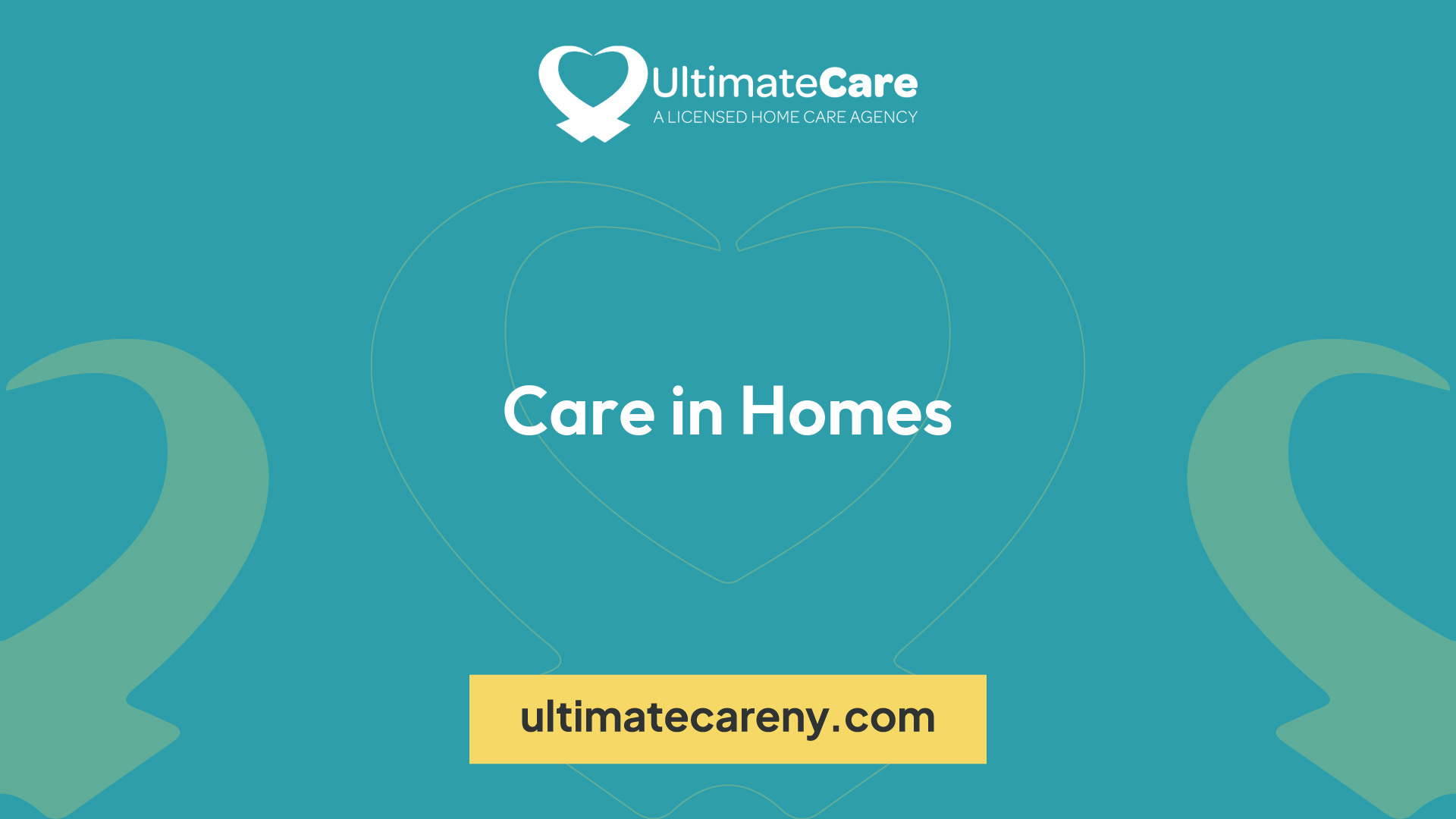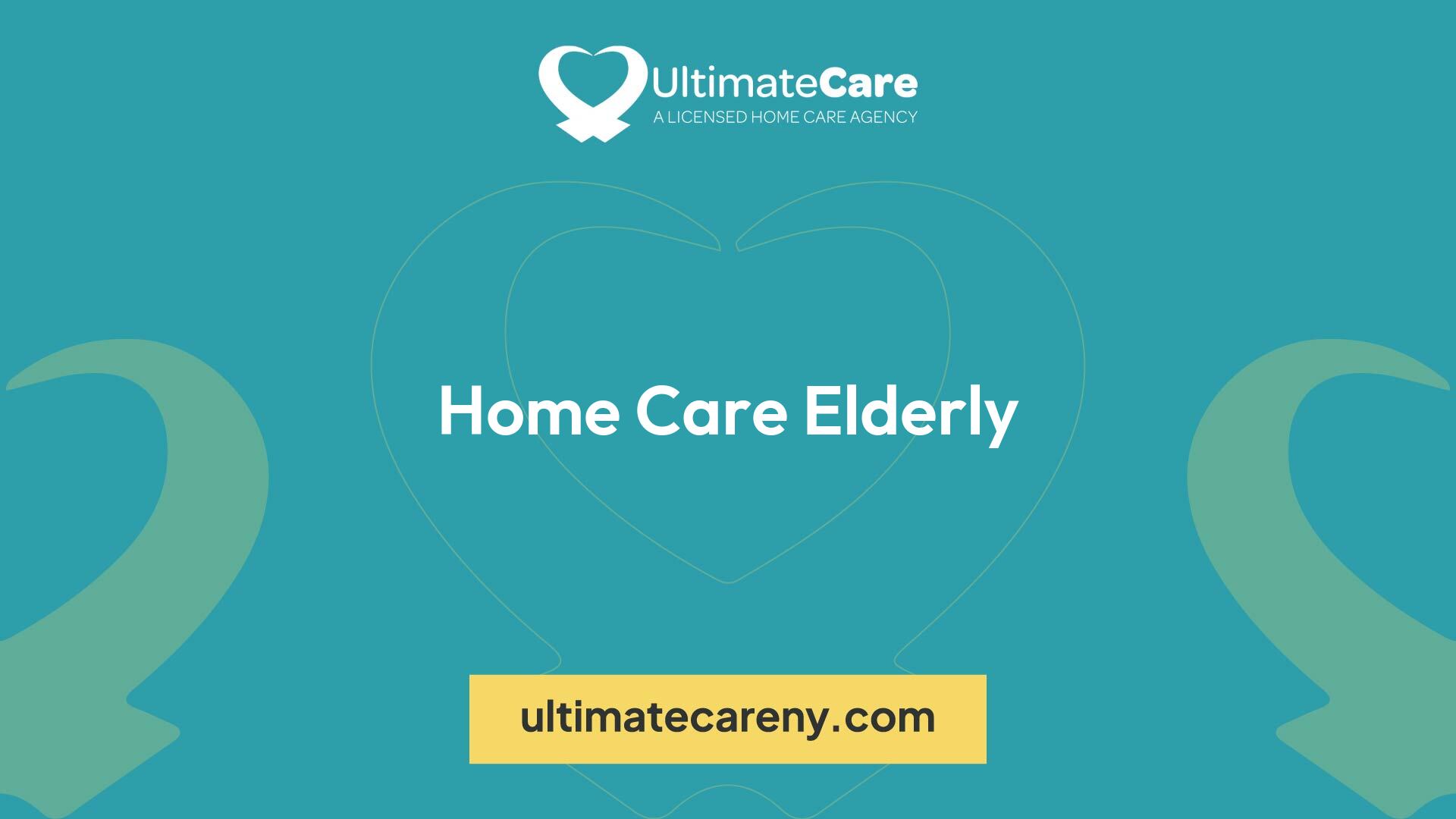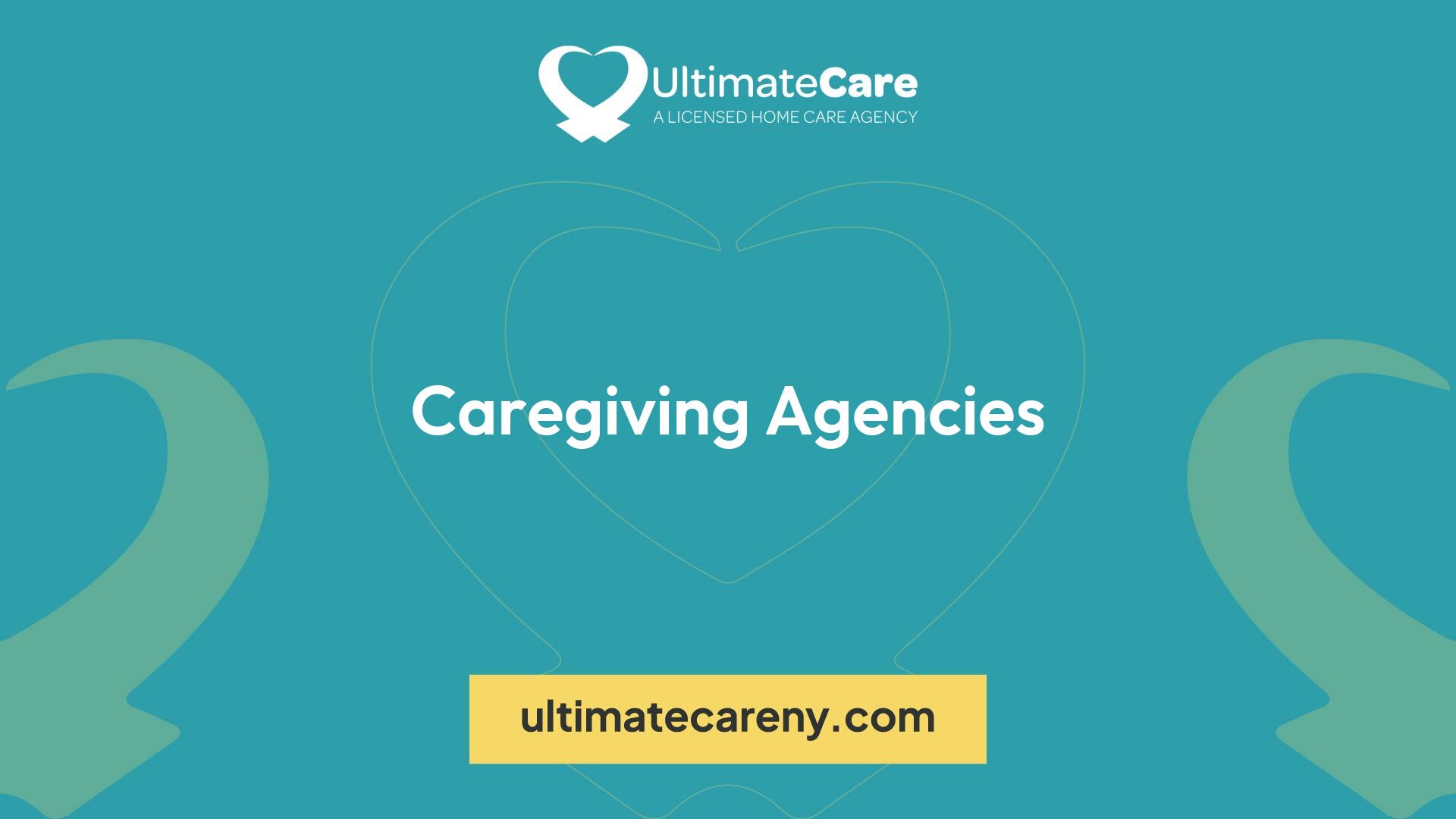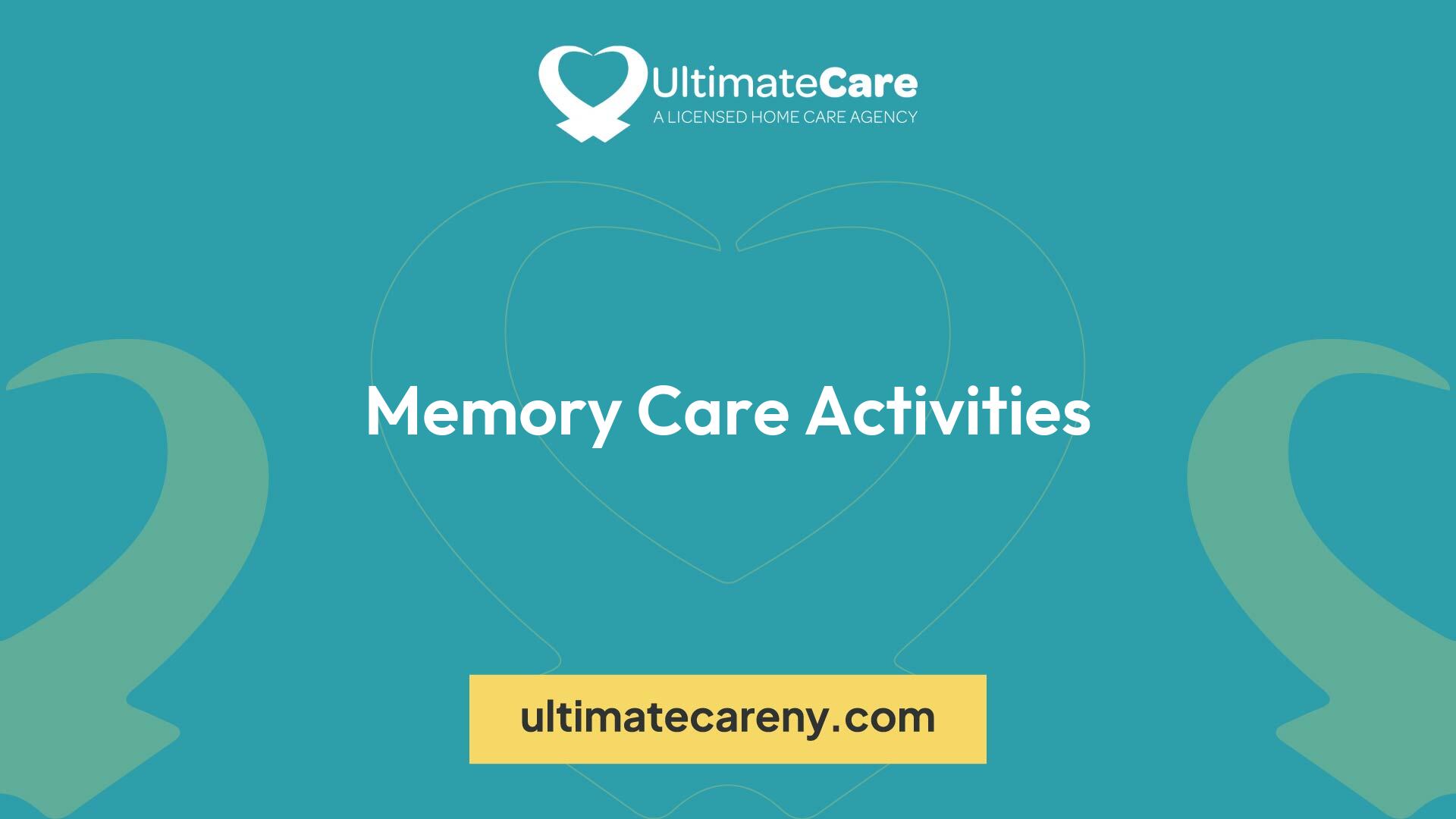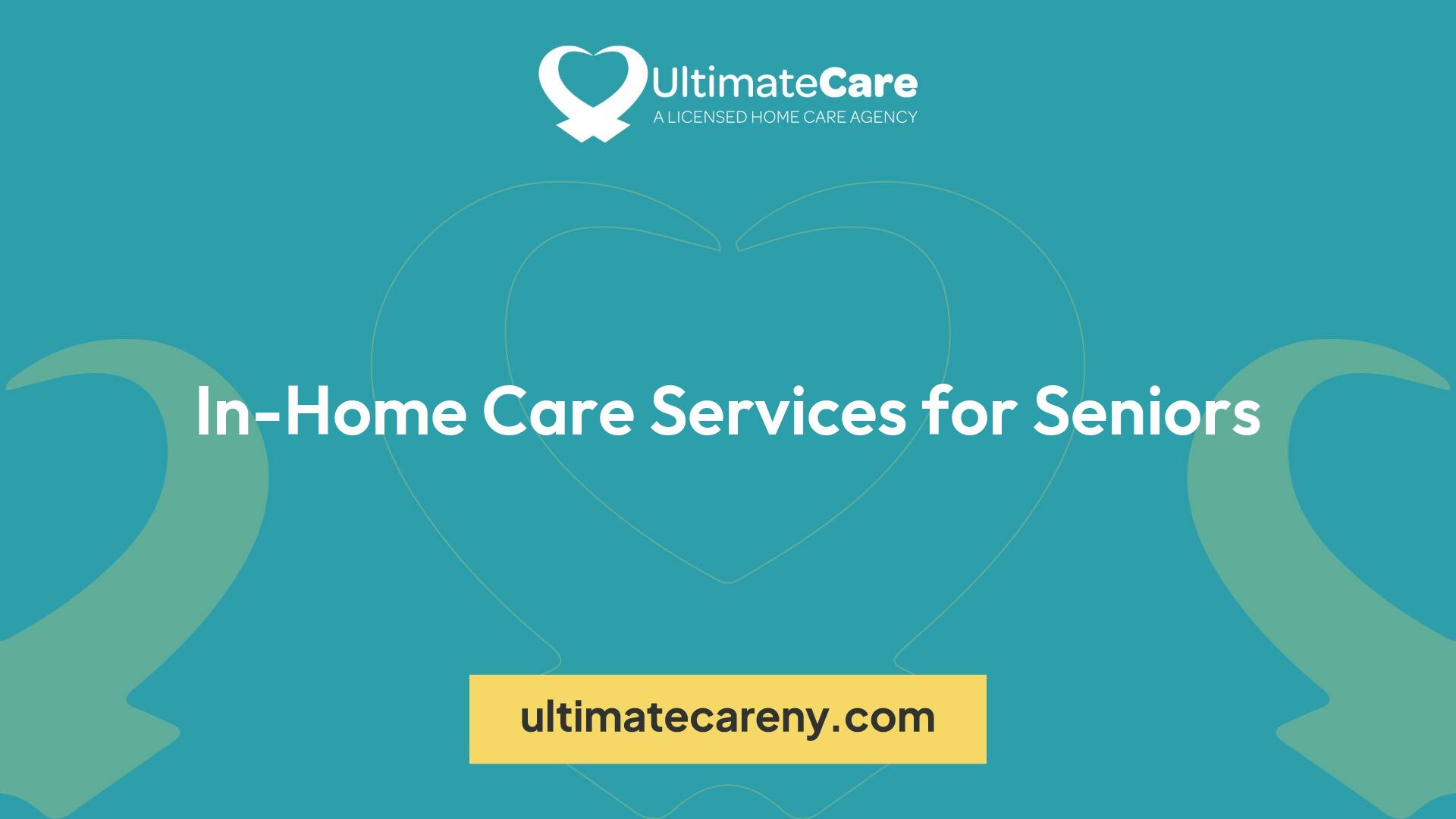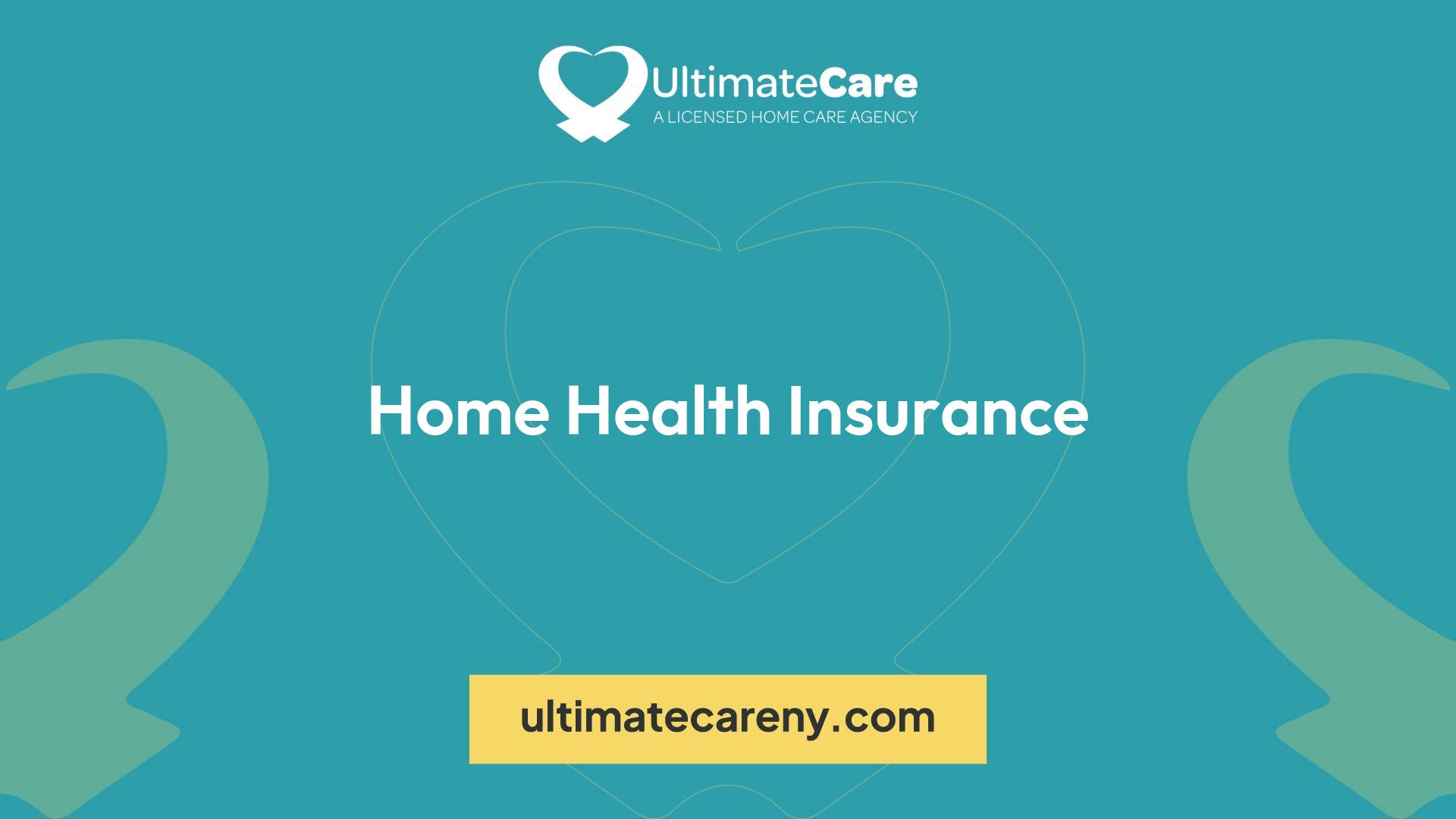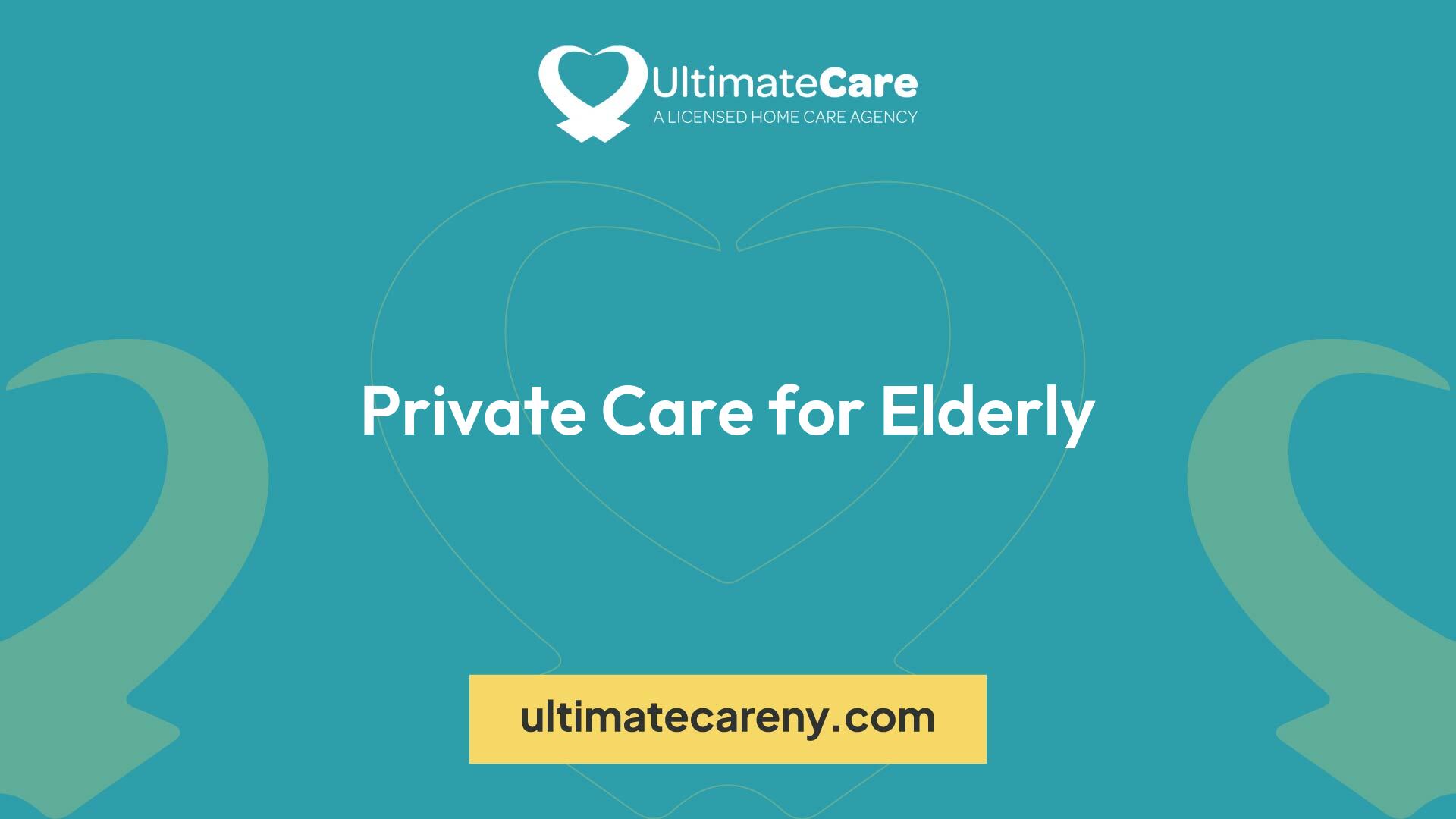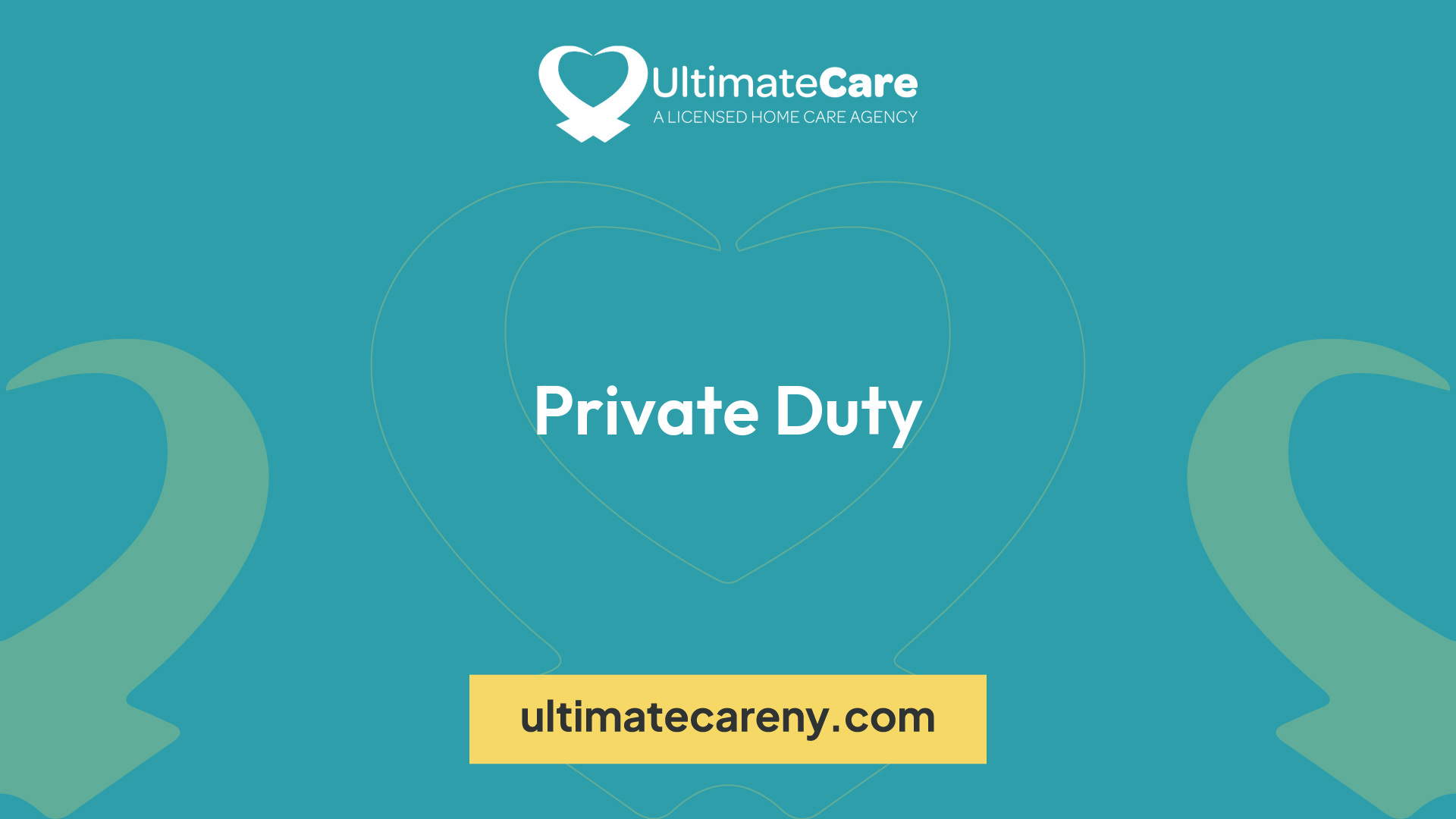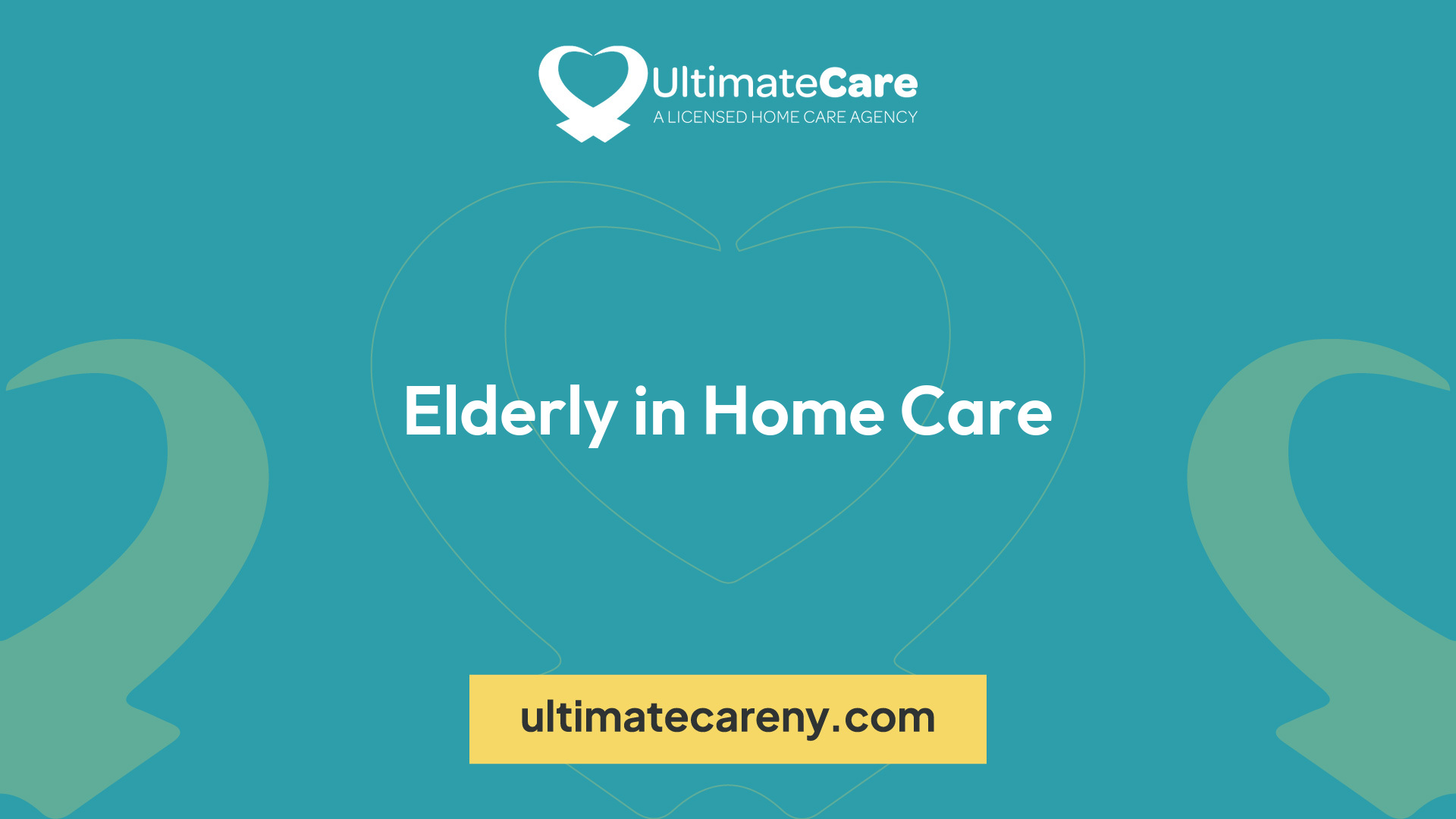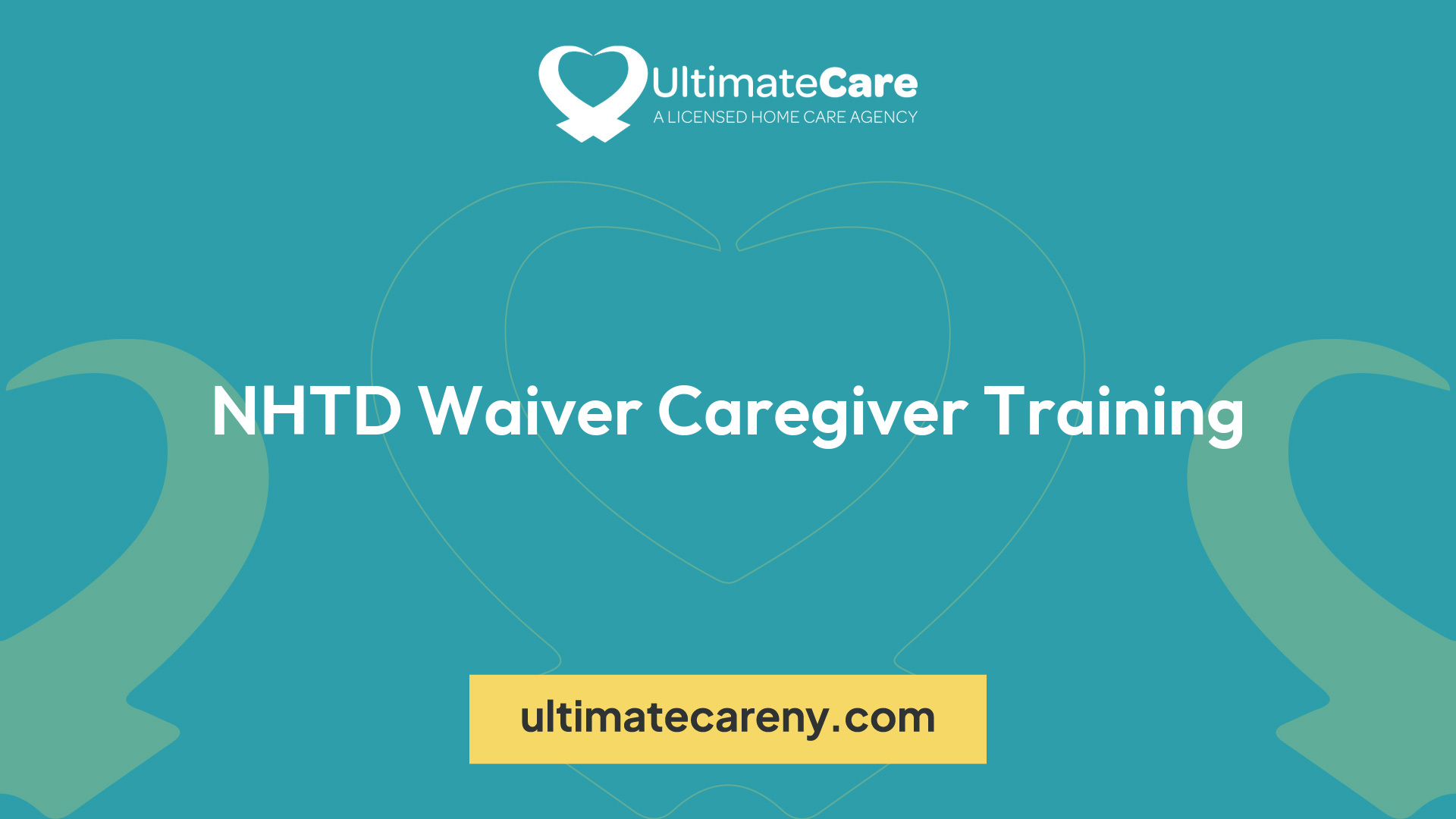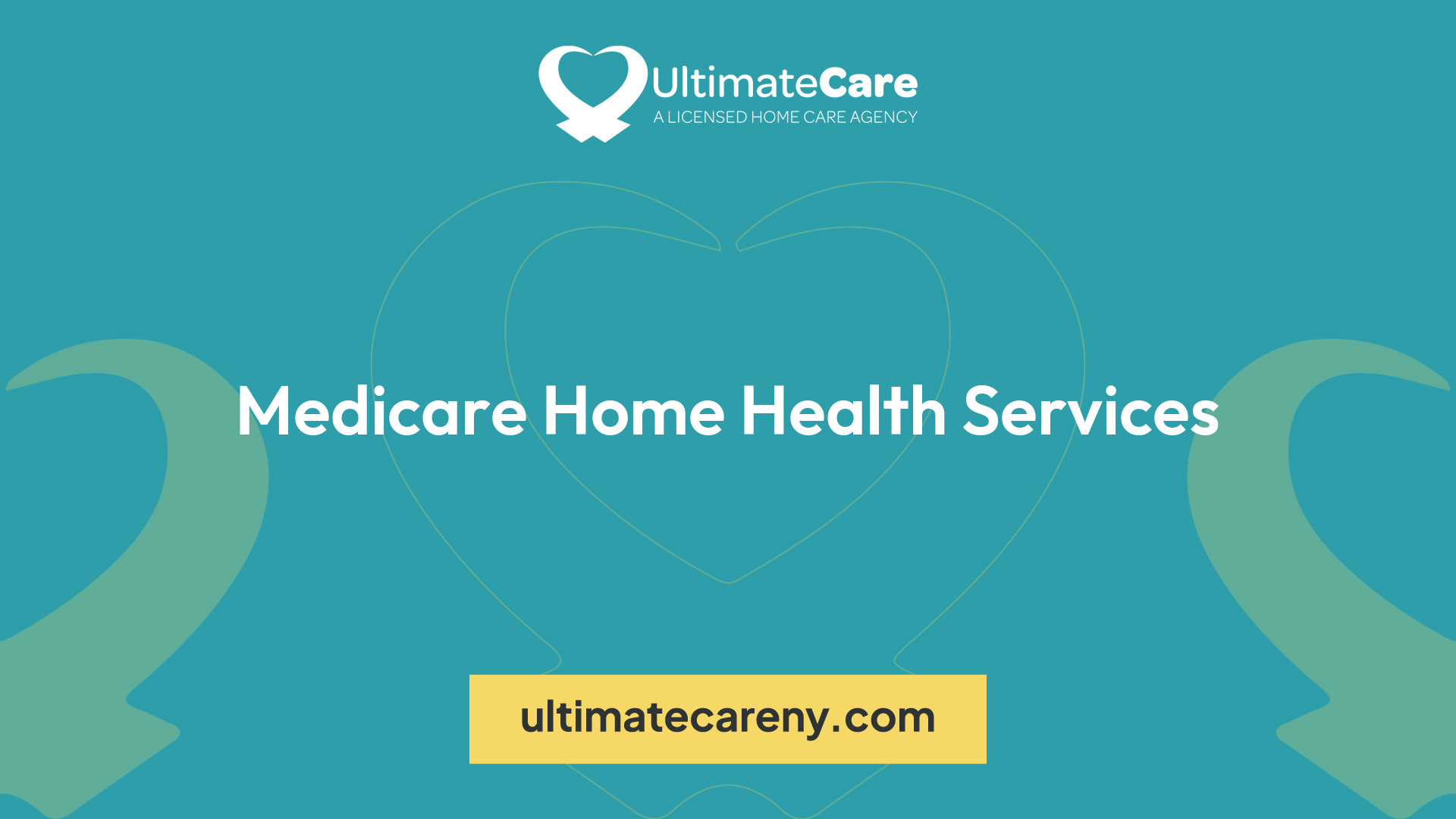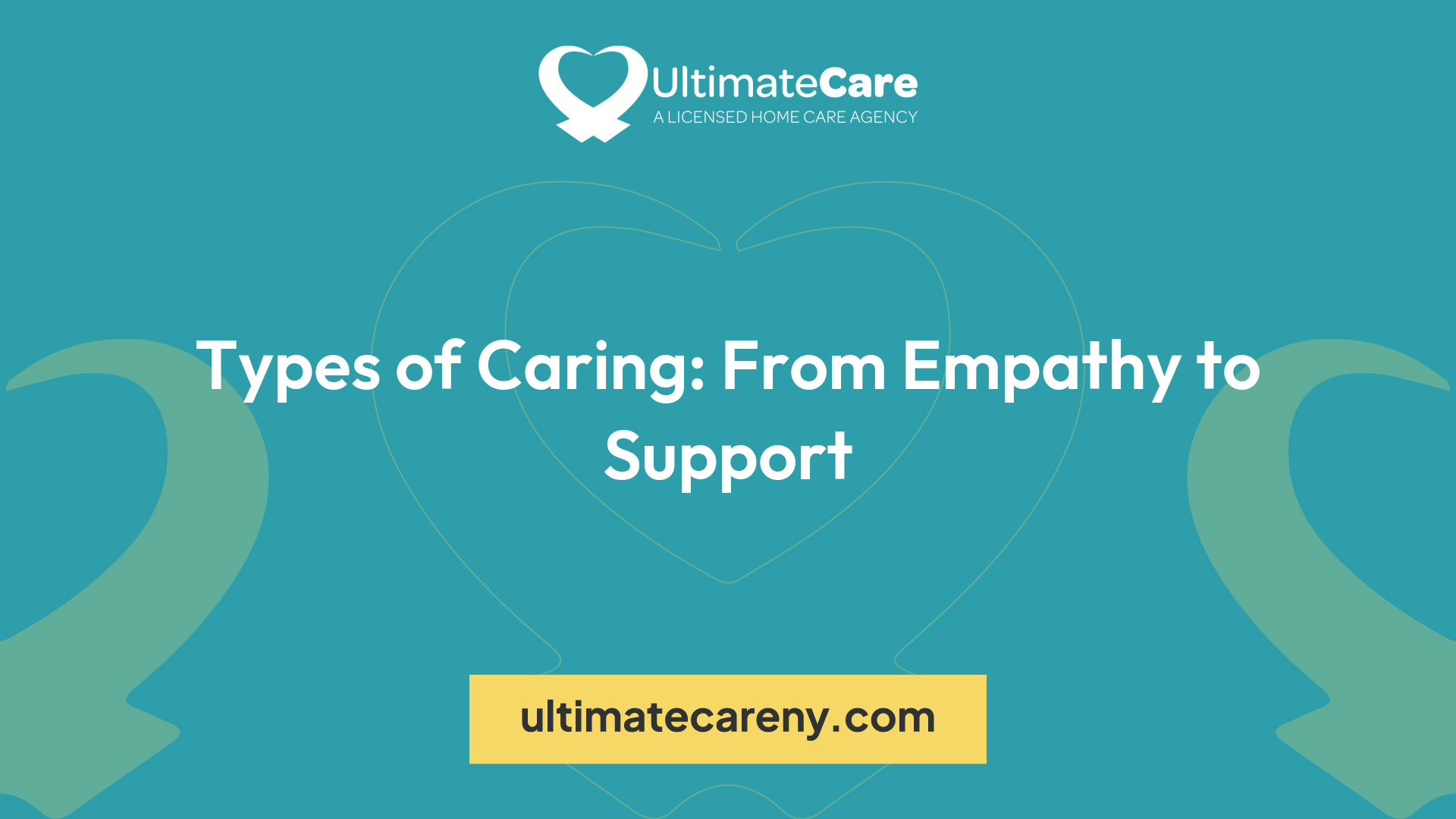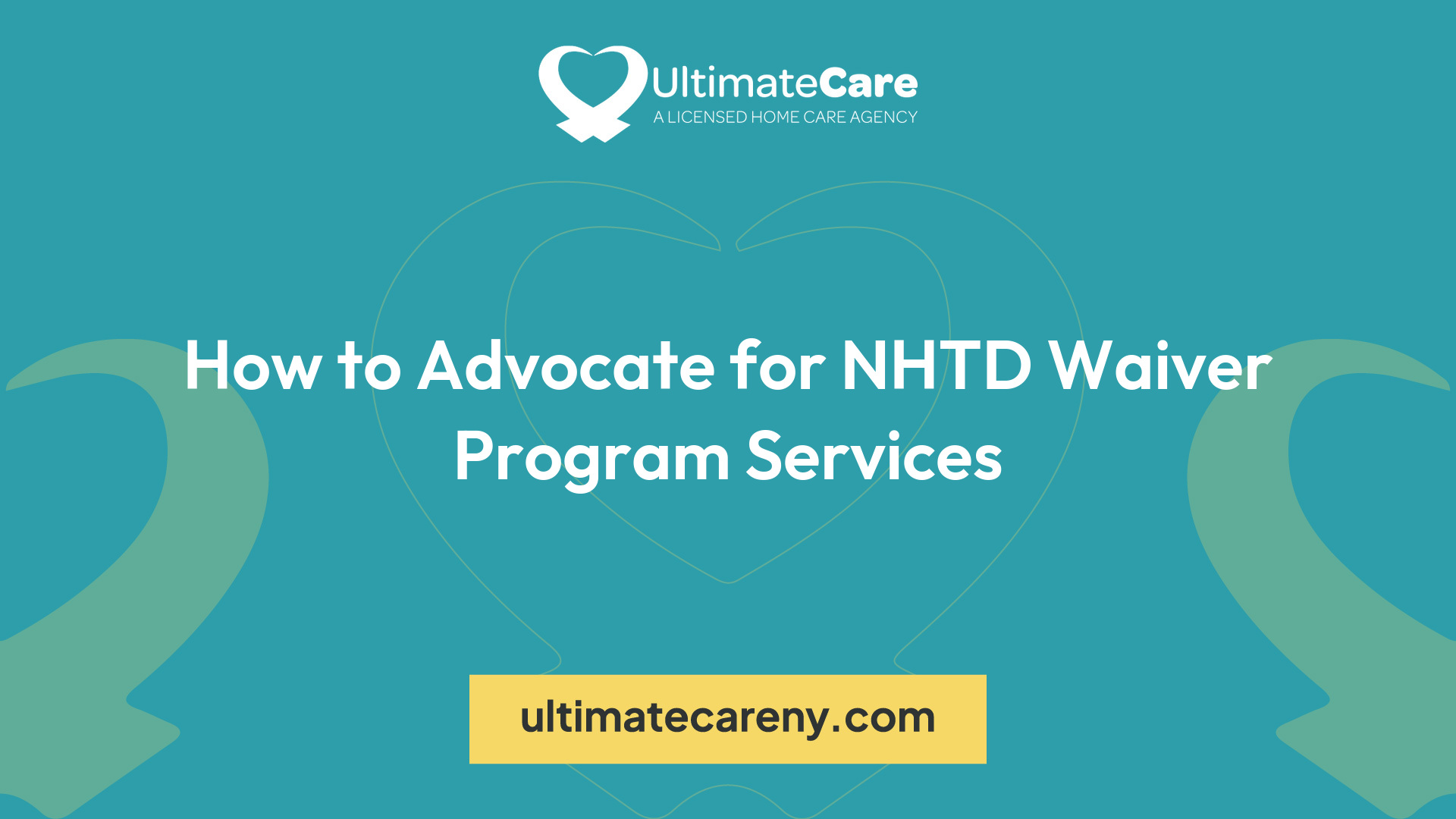Stress Reduction in Home Care
Discover effective stress reduction techniques for home care. Support mental well-being and create a calming environment. Reduce stress now!
The information provided in this article is for educational purposes only. If you have medical questions or concerns, please contact a qualified health care professional.
Before beginning any new exercise program, it's essential to seek advice from your healthcare provider to ensure it's safe and appropriate for your individual health condition and fitness level.
Understanding Stress in Aging Adults
As individuals age, they may experience various stressors that can impact their well-being. Understanding the sources of stress in aging adults is crucial for providing effective support and care. In this section, we will explore the concerns of aging in place, health worries and stress triggers, and the impact of physical health changes on stress levels.
Concerns of Aging in Place
One of the biggest concerns among seniors is the ability to retain independence for as long as possible, which can lead to stress. The desire to age in place, to continue living in their own homes, is a common goal for many older adults. However, worries about relying on others for assistance and the fear of losing their ability to perform daily tasks independently can cause significant stress.

Health Worries and Stress Triggers
Serious health problems are another leading cause of stress for aging adults. As individuals age, the likelihood of developing various health conditions increases. The fear of these conditions reducing their quality of life and independence can be a significant source of stress. Concerns about managing chronic illnesses, mobility issues, and the need for ongoing medical care can contribute to increased stress levels.
Impact of Physical Health Changes
Changes in physical health often lead to stress in seniors, negatively impacting their overall well-being. Physical health changes can include chronic pain, reduced mobility, and limitations in performing daily activities. These changes may affect their ability to engage in activities they once enjoyed, maintain social connections, or maintain their personal hygiene and nutrition. It is important to provide seniors with the necessary support and resources to adapt to these physical changes and help reduce stress [2].
Understanding the sources of stress in aging adults is essential for promoting their overall well-being. By addressing concerns related to aging in place, health worries and stress triggers, and the impact of physical health changes, caregivers and support systems can provide tailored assistance to help reduce stress levels among older adults.
Emotional Stress Factors for Seniors
Aging can bring about various emotional stress factors for seniors. Coping with loss of loved ones and dealing with loneliness are two significant challenges that can contribute to stress in the lives of older adults.
Coping with Loss of Loved Ones
As seniors age, the loss of loved ones becomes a more frequent occurrence, which can raise concerns about personal health, length of life, and cause feelings of sadness and depression. Worrying about losing close friends and family members is common among the elderly, creating emotional stress.
Losing someone dear can disrupt the support system and social connections that seniors have relied upon, leading to a range of emotions and challenges. It is important for seniors to seek support from friends, family, or professionals who can provide guidance and help navigate the grieving process.
Dealing with Loneliness
Loneliness is another significant emotional stress factor for seniors, particularly after experiencing changes in life such as the loss of loved ones. Changes in the amount of time spent with others can result in a sense of isolation and loneliness. This feeling of being disconnected from social interactions can lead to stress and negatively impact seniors' mental well-being [1].
To combat loneliness, seniors can explore opportunities to engage in social activities, such as joining clubs, participating in community events, or connecting with others through hobbies or volunteer work. These activities can help foster new friendships, provide a sense of belonging, and alleviate the emotional stress associated with loneliness.
While emotional stress factors can affect seniors' well-being, it is important to note that caregivers also play a crucial role in supporting their emotional needs. Caregivers should be aware of the emotional challenges faced by seniors and provide a supportive and empathetic environment. Additionally, caregivers themselves may experience stress due to their role, which can have a significant impact on their overall well-being. Recognizing and addressing caregiver stress is essential for maintaining the health and quality of care provided [3]. For more information on managing caregiver stress, please refer to our article on caregiver stress management.
By understanding and addressing emotional stress factors such as coping with loss and managing loneliness, seniors can enhance their emotional well-being and overall quality of life. Seeking support from loved ones, engaging in social activities, and maintaining open communication can help seniors navigate these challenges and find solace amidst the emotional stress associated with aging.
Caregiver Stress and its Effects
Taking care of others can be a rewarding experience, but it can also be accompanied by significant stress and emotional strain. Caregivers play a crucial role in home care, supporting aging adults and individuals with chronic illnesses. Understanding caregiver stress and its effects is essential for promoting the well-being of both caregivers and care recipients.
Stress Levels Among Caregivers
Caregivers often experience higher levels of stress compared to non-caregivers, as highlighted by the Mayo Clinic. The emotional and physical demands of caregiving can lead to feelings of anger, frustration, exhaustion, and loneliness. It's important for caregivers to recognize their own need for help and support to effectively manage their stress.
Signs of Caregiver Stress
Recognizing the signs of caregiver stress is crucial for caregivers to take appropriate action and prevent further negative impacts on their health. Some common signs of caregiver stress include:
- Depression and anxiety: Caregivers may experience feelings of sadness, hopelessness, and anxiety due to the constant demands of caregiving.
- Lack of sleep: The physical and emotional demands of caregiving can disrupt sleep patterns, leading to fatigue and exhaustion.
- Insufficient physical activity: Caregiving responsibilities may leave little time for caregivers to engage in regular physical activity, increasing the risk of health issues.
- Unhealthy diet: Caregivers often prioritize the needs of their care recipients, neglecting their own nutritional needs and potentially increasing the risk of chronic illnesses.
- Neglecting personal health: Caregivers may unintentionally overlook their own health and personal care, such as hygiene and self-care routines.
These signs of caregiver stress, if left unaddressed, can have adverse effects on the caregiver's overall well-being and quality of life.
Managing Caregiver Stress
Managing caregiver stress is crucial for maintaining the caregiver's own health and well-being. Caregivers should prioritize self-care and seek support to effectively manage their stress. Some strategies for managing caregiver stress include:
- Improving sleep quality: Establishing a consistent sleep routine and creating a comfortable sleep environment can help caregivers get better quality sleep, contributing to their overall well-being.
- Engaging in physical activity: Incorporating regular physical activity into daily routines can help reduce stress, improve mood, and enhance overall health.
- Maintaining a healthy diet: Caregivers should prioritize their own nutritional needs and ensure they are consuming a balanced diet. Proper nutrition is essential for maintaining energy levels and overall well-being.
- Seeking respite care: Caregivers should consider utilizing respite care services to take breaks and recharge. This allows caregivers to have time for themselves and engage in activities they enjoy.
- Utilizing available resources: Caregivers should explore available resources such as support groups, counseling services, and community organizations that offer assistance and guidance.
By recognizing the signs of caregiver stress and taking proactive steps to manage it, caregivers can improve their own well-being and continue to provide the best care for their loved ones. It's important for caregivers to prioritize their own health and seek support when needed to ensure a balance between caregiving responsibilities and self-care.
Strategies for Reducing Stress at Home
When it comes to reducing stress in a home care setting, there are various strategies that can be implemented to promote a calm and peaceful environment. Two key approaches to consider are enhancing mental well-being and creating a calming environment.
Enhancing Mental Well-Being
Improving mental well-being is crucial for reducing stress in a home care setting. Here are some strategies that can help:
- Bringing in Natural Light: Sunlight plays a significant role in enhancing mental well-being by increasing the brain's production of serotonin, the mood-lifting chemical. Insufficient natural light exposure can lead to physiological issues, sleep problems, and depressive symptoms. To optimize mental health, ensure that living spaces receive ample sunlight. If natural light is limited, consider using artificial light sources that mimic natural daylight. For more information on optimizing your space for mental health, visit our article on how to optimize your space for your mental health.
- Decluttering and Organizing: Clutter in living spaces can contribute to increased stress levels and a sense of feeling weighed down. It can make it difficult to find things quickly, cause embarrassment, and create distractions. Decluttering and organizing living spaces can lead to a tidier environment and an improved mental state. Take the time to sort and organize belongings, creating a more organized and stress-free living space.
- Incorporating Art and Nature: Art and nature have powerful effects on mental well-being. Incorporate artwork and nature scenes, such as calming paintings, family photos, or images of natural landscapes, into living spaces. These elements can help with de-stressing and provide moments of joy. Consider bringing in two or three of these items into each room to contribute to improved mental well-being.
- Introducing Indoor Plants: Plants can have a significant impact on reducing stress levels and promoting a sense of calm. Research suggests that being in proximity to indoor plants and looking at them can reduce stress and enhance concentration and focus. Consider adding indoor plants to living spaces to create a soothing and natural atmosphere.
- Incorporating Organic Materials: Incorporating a mix of organic materials with different textures in home decor can contribute to improved mental well-being. Use materials such as wood, metal, stone sculptures, glass vases, crystals, mineral gemstones, water features, and textiles to create harmony and a warm space. These elements can help create a calming and soothing environment.
Creating a Calming Environment
In addition to enhancing mental well-being, creating a calming environment is essential for stress reduction in home care. Here are some strategies to consider:
- Establishing a Relaxation Area: Designate a specific area in the home as a relaxation zone. This space should be free from distractions and equipped with comfortable seating, soft lighting, and calming elements like scented candles or essential oils. Encourage individuals to spend time in this area to unwind and relax.
- Promoting Personal Comfort: Pay attention to the individual's personal comfort needs. Ensure that the home care environment is equipped with suitable furniture, including supportive chairs and mattresses. Provide cozy blankets, pillows, and items that promote relaxation, such as a lavender-scented pillow or a weighted blanket.
- Creating a Tranquil Atmosphere: Minimize noise and distractions in the home by using soundproofing materials or playing soft, calming music. Consider using noise-cancelling headphones for individuals who are sensitive to external sounds. Maintain a peaceful and clean environment to create a sense of tranquility.
- Encouraging Personal Space: Everyone needs their own personal space. Create designated areas where individuals can have privacy and unwind. This could be a reading nook, a meditation corner, or a hobby area. Respect their need for personal space and ensure they have time alone to relax and rejuvenate.
By implementing these strategies, you can create a home care environment that promotes stress reduction and a sense of well-being. Remember to tailor these strategies to the specific needs and preferences of the individual receiving care, ensuring their comfort and peace of mind.
Effective Relaxation Techniques
In the quest for stress reduction in home care, incorporating effective relaxation techniques can play a vital role in promoting mental well-being and overall quality of life. These techniques help individuals manage stress, reduce anxiety, and improve their ability to cope with daily challenges. Two popular relaxation techniques that have been shown to be effective are breath focus and body scan, as well as guided imagery and mindfulness meditation.
Breath Focus and Body Scan
Breath focus and body scan are relaxation techniques that promote mindfulness and help individuals become more aware of their body and breath. These techniques encourage deep breathing and the release of tension.
Breath Focus: This technique involves focusing on the breath by taking slow, deep breaths and paying attention to the sensation of the breath entering and leaving the body. By directing attention to the breath, individuals can experience a sense of calm and relaxation. This technique can be practiced anywhere and at any time, making it easily accessible for stress reduction.
Body Scan: The body scan technique involves systematically focusing attention on different parts of the body, from head to toe, and noticing any sensations or areas of tension. This technique helps individuals become more aware of their physical state and promotes relaxation by intentionally releasing tension in specific areas. By practicing the body scan technique regularly, individuals can develop a greater sense of body awareness and reduce stress.
Guided Imagery and Mindfulness Meditation
Guided imagery and mindfulness meditation are relaxation techniques that involve the use of mental images and focused attention to promote relaxation and reduce stress.
Guided Imagery: Guided imagery involves visualizing peaceful and calming scenes or situations. This technique uses the power of the imagination to create a sensory experience that promotes relaxation and stress reduction. Guided imagery can be facilitated through the use of audio recordings or with the guidance of a trained professional.
Mindfulness Meditation: Mindfulness meditation involves intentionally focusing attention on the present moment with nonjudgmental awareness. By cultivating a state of mindfulness, individuals can observe their thoughts, emotions, and physical sensations without becoming attached or overwhelmed by them. This practice helps to reduce stress and increase self-awareness and overall well-being. Mindfulness meditation can be practiced independently or with the guidance of mindfulness meditation apps or classes.
These relaxation techniques have been proven effective in reducing stress, anxiety, and depression, and improving the overall quality of life in various populations, including both patients and healthcare workers. It is important to note that face-to-face delivery of relaxation techniques has shown higher effectiveness compared to online delivery, especially in young people aged 14 to 24 [5]. However, with proper guidance and practice, individuals can still benefit from online resources and apps that provide guided relaxation exercises.
By incorporating these relaxation techniques into daily routines, individuals can create a well of calm to dip into when needed, helping to reduce stress and promote overall well-being. Remember, it's important to find the relaxation techniques that work best for you and to practice them regularly to experience their full benefits.
Utilizing Home Care Technologies
As technology continues to advance, home care technologies are playing an increasingly important role in reducing stress and improving the overall well-being of individuals receiving care. These technologies offer a range of benefits, including preventing functional decline and enabling remote monitoring.
Preventing Functional Decline
Home modifications and assistive technologies have been found to be effective in preventing functional decline, promoting independent activity and safety, and enhancing health outcomes in individuals receiving home care. These interventions aim to reduce task demand and increase caregivers' effectiveness, well-being, and self-efficacy, while decreasing caregiver stress and upset.
By incorporating environmental facilitators and home modifications, barriers to daily activities can be reduced, leading to improved functioning for both individuals and their caregivers. Studies have shown that environmental interventions have success rates of 90% in improving activity outcomes and reducing disability-related outcomes [7]. Some examples of home modifications include:
- Installing grab bars in bathrooms and showers for added stability.
- Using ramps or stairlifts to improve accessibility.
- Implementing proper lighting to enhance visibility and reduce fall risks.
- Adapting furniture and equipment to meet individual needs.
These modifications aim to create a safe and supportive environment that allows individuals to maintain their independence and perform daily tasks with confidence.
Smart Home Technologies for Remote Monitoring
Smart home technologies have revolutionized the way care is provided in the home setting. These technologies enable compatible products to communicate with each other over a network, allowing for remote monitoring and interaction between patients, caregivers, and care providers [7]. By integrating systems and appliances in the home environment, smart home technologies facilitate aging in place and improve health outcomes.
Smart home technologies offer various features and functionalities that enhance safety, comfort, and convenience. They can include:
- Remote monitoring of vital signs and health parameters.
- Motion sensors that detect falls or unusual activity patterns.
- Automated medication reminders and dispensers.
- Video surveillance systems for enhanced security.
- Smart thermostats and lighting control for energy efficiency and comfort.
These technologies not only provide peace of mind for caregivers, but also empower individuals to maintain their independence and autonomy while receiving the necessary support.
By utilizing home care technologies, individuals can reduce stress, maintain their functional abilities, and enhance their overall quality of life. The integration of assistive technologies and smart home systems allows for a more efficient and effective approach to home care, promoting well-being for both individuals and their caregivers.



